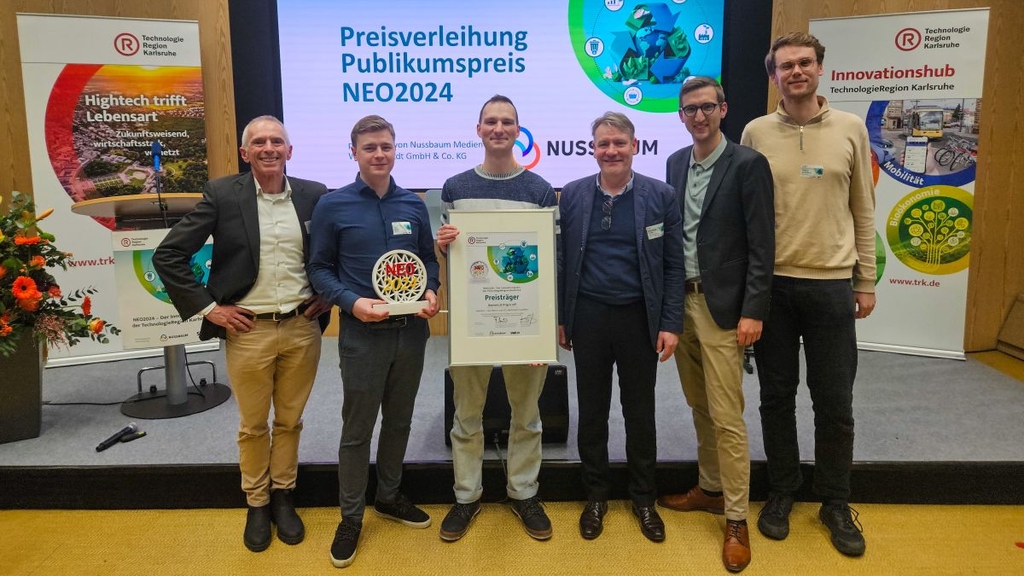
With a new concept for concrete recycling, Rement wins the Karlsruhe Technology Region competition and also receives the audience award.
Link_more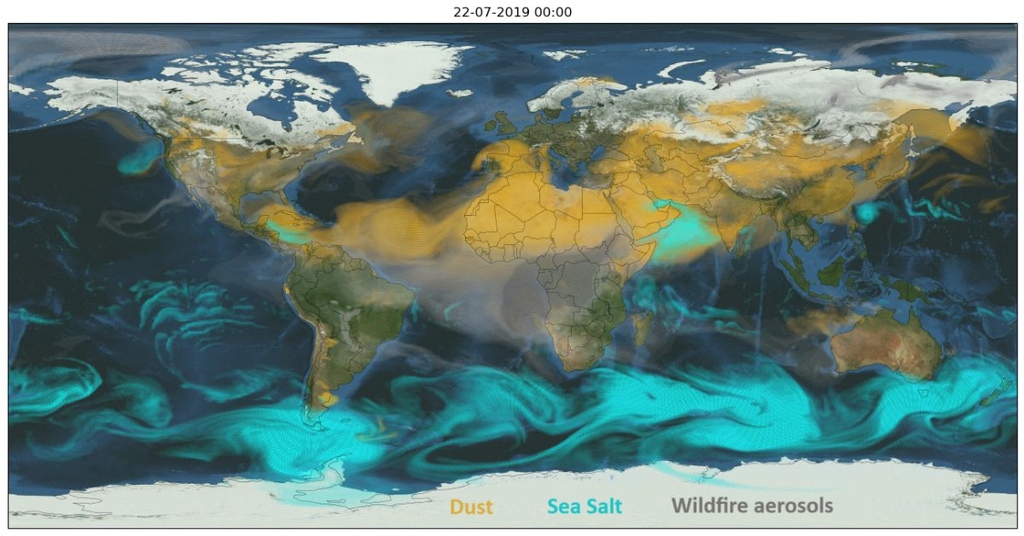
Researchers from the Helmholtz Association summarise their research on digital twins in the field of earth and environment in a synthesis paper.
Link_more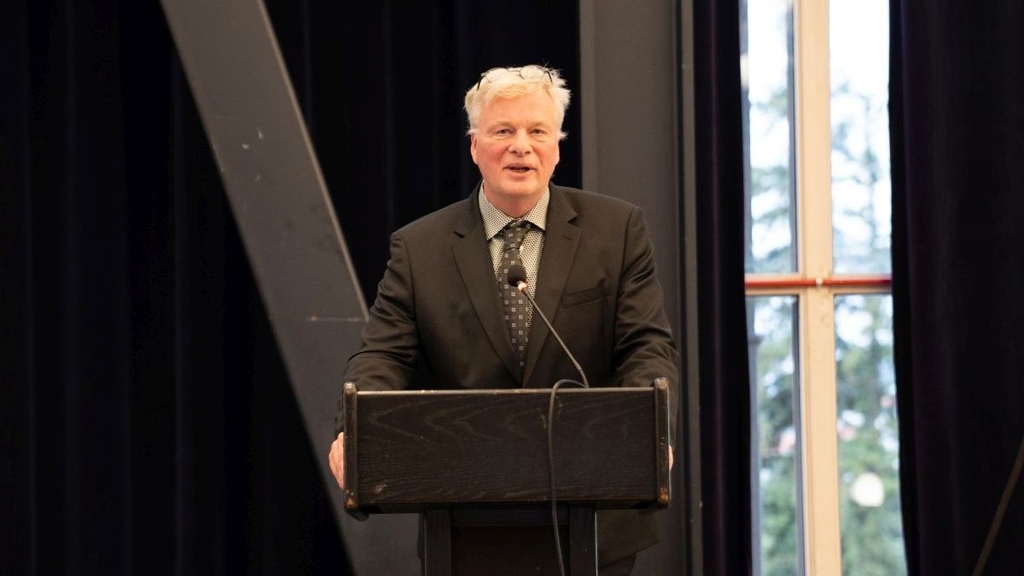
Klaus Butterbach-Bahl receives the Sustainability Award of the Nobel Sustainability Trust for his research on the environmental impact of global agriculture.
Link_more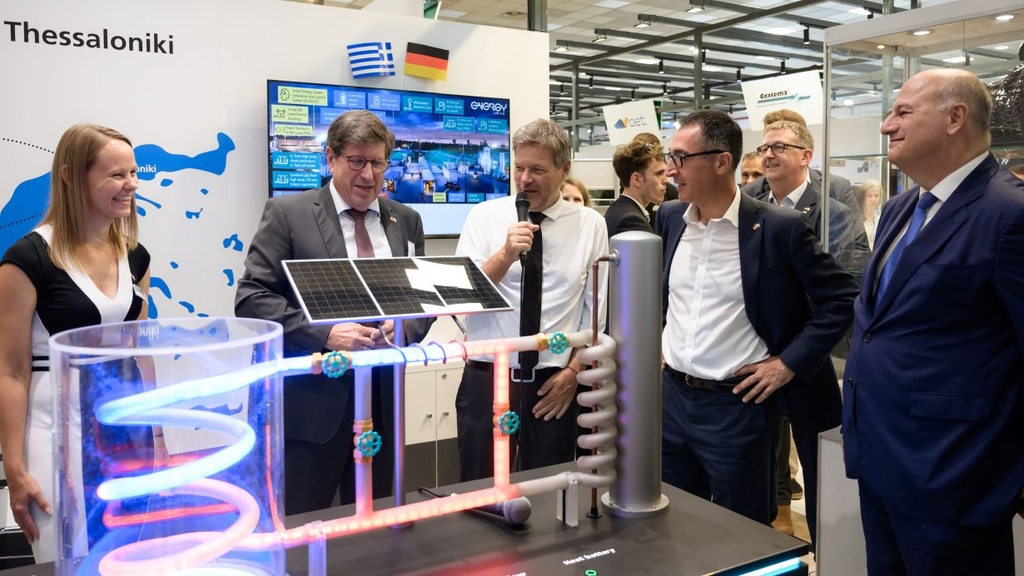
New Technologies and Sustainable Development: Federal Minister for Economic Affairs and Climate Action Visits KIT Pavilion.
Link_more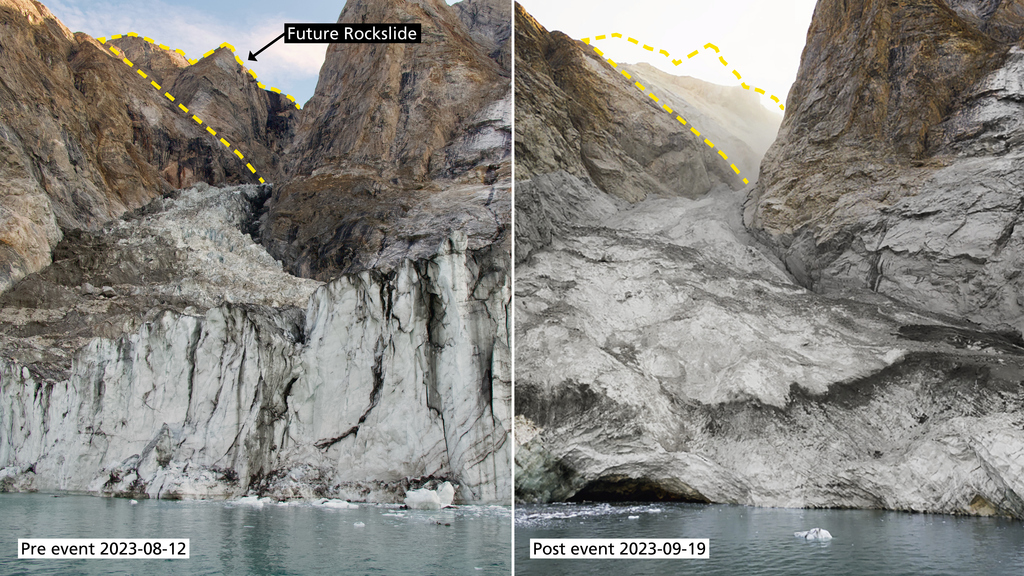
Researchers from KIT and around the world use realistic numerical models to solve mysteries about the Earth's vibrations of unknown origin.
Link_more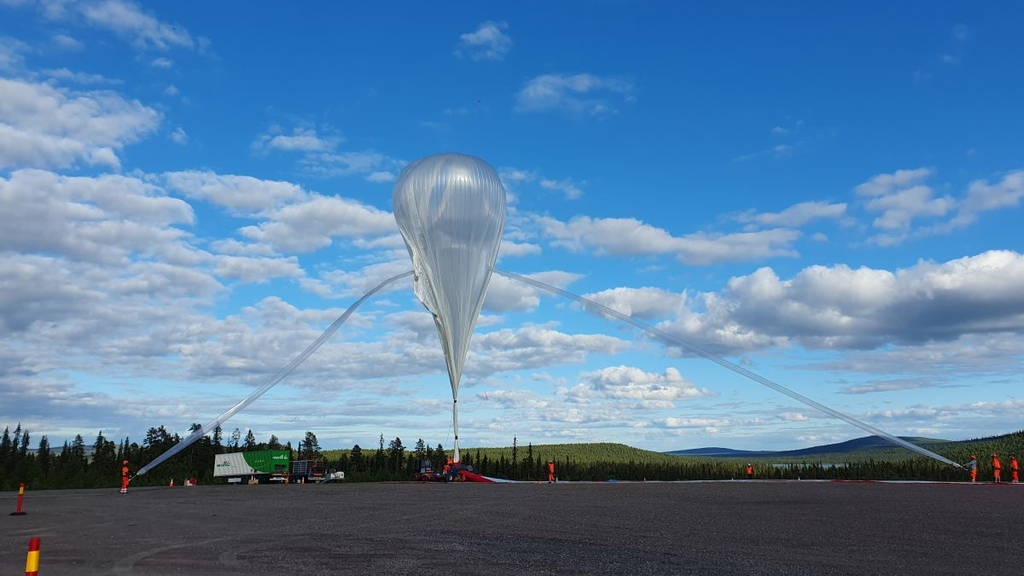
Researchers at KIT and FZJ are developing a small and lightweight infrared spectrometer to explore the upper air layers.
Link_more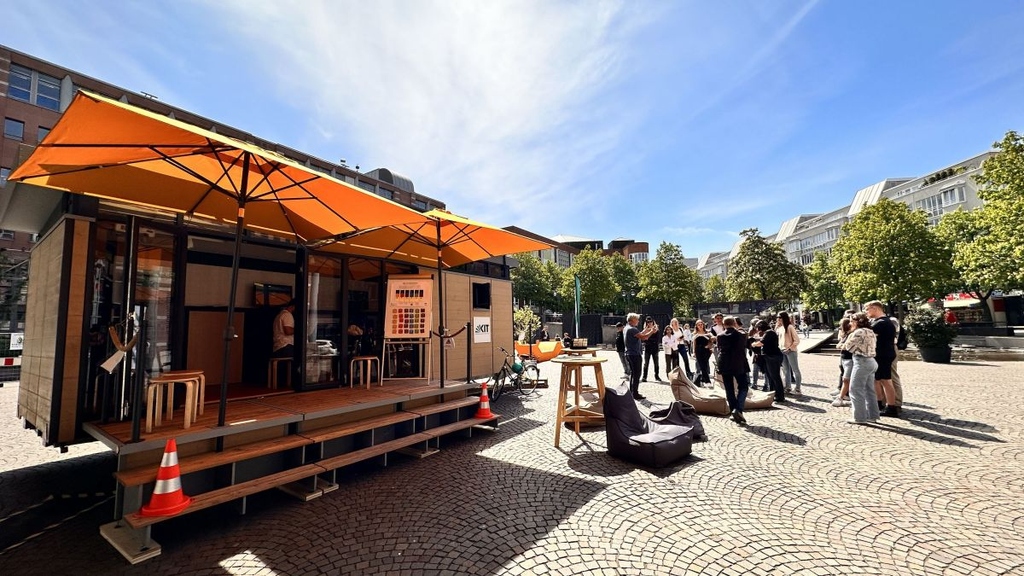
KIT researchers are developing innovations for affordable and sustainably renovated living space.
Link_more
KIT researchers provide an overview on how coatings can improve the properties of concrete.
Link_more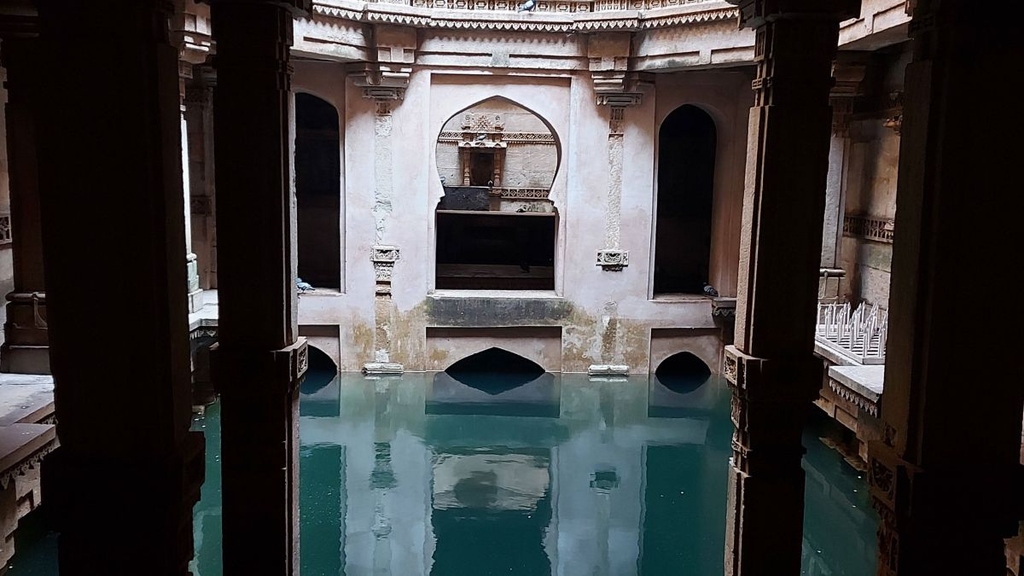
KIT researchers investigate the effects of climate change on groundwater resources and the resulting consequences.
Link_more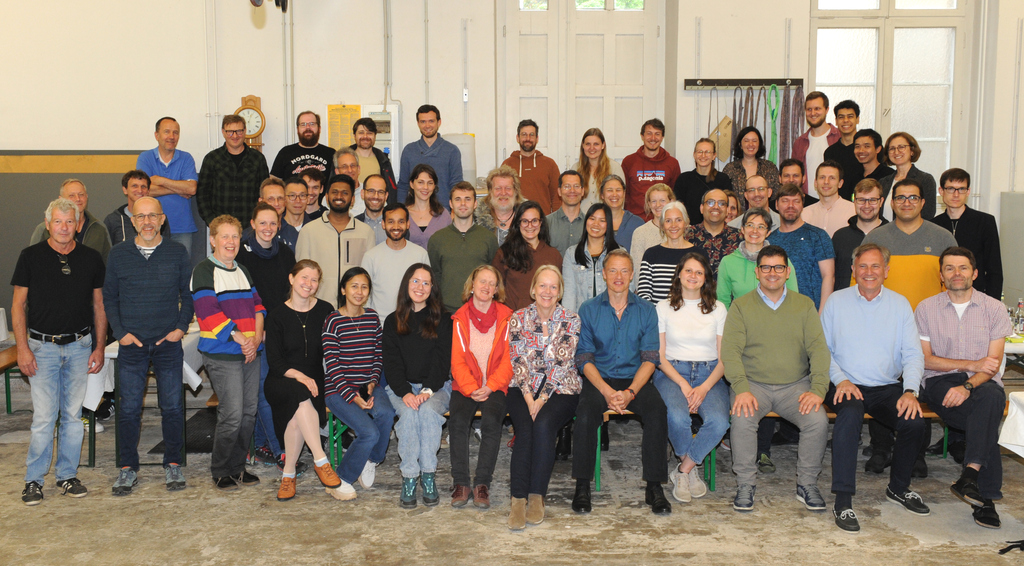
The new Institute for Water and Environment (IWU) initiated its activities in January 2024. It was created as a merger of the 'Institute for Water and River Basin Management (IWG)' and the 'Institute of Hydromechanics (IfH)'. The occasion was celebrated on 17 May 2024 with the participation of all IWU employees.
Link_more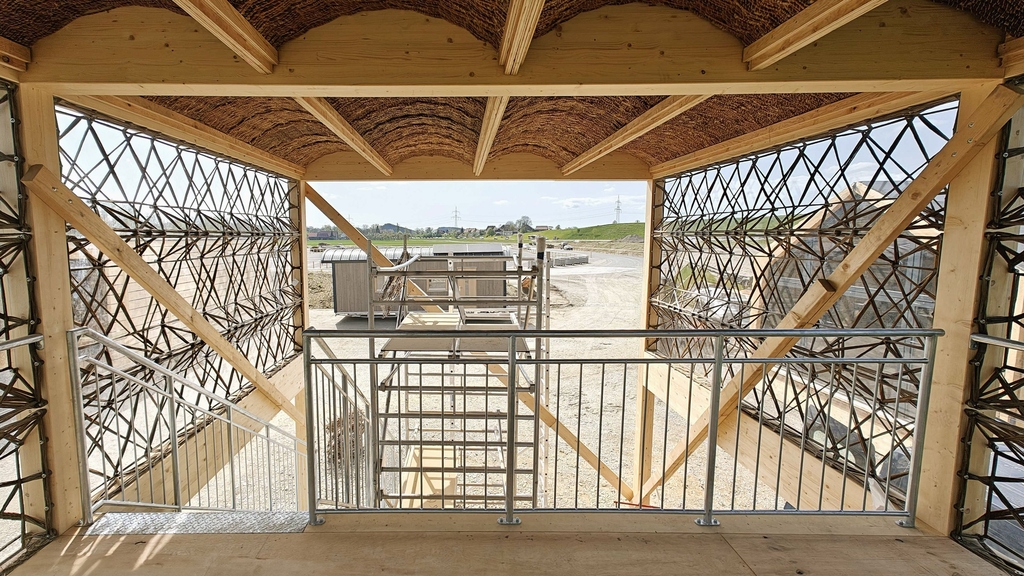
Innovative Fabrication Strategies Enable Circular Economy in the Construction Sector – KIT Will Present Project at the 2024 Landesgartenschau.
Link_more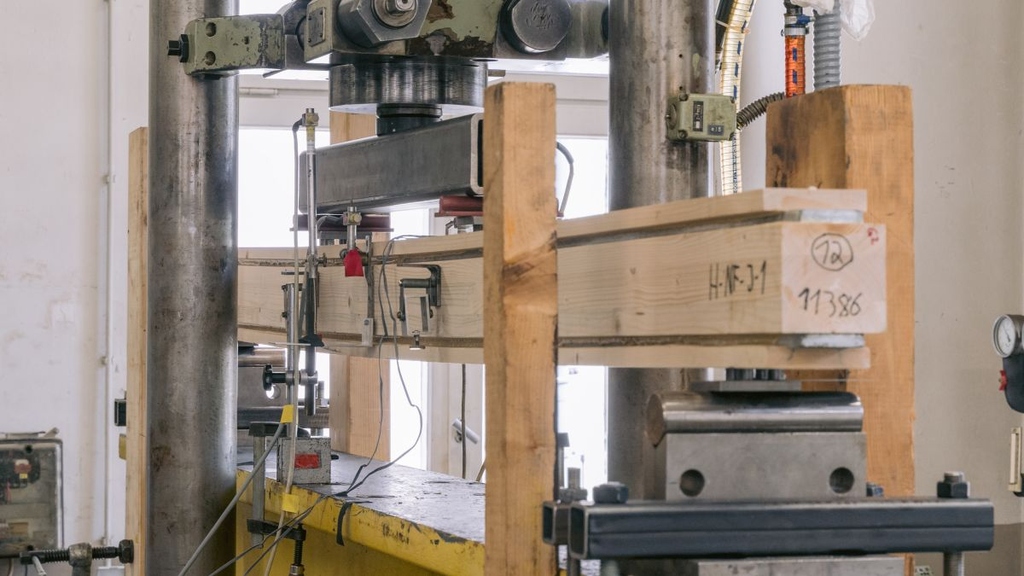
KIT researchers are combining wood and steel to increase the load-bearing capacity of components and save material at the same time.
Link_more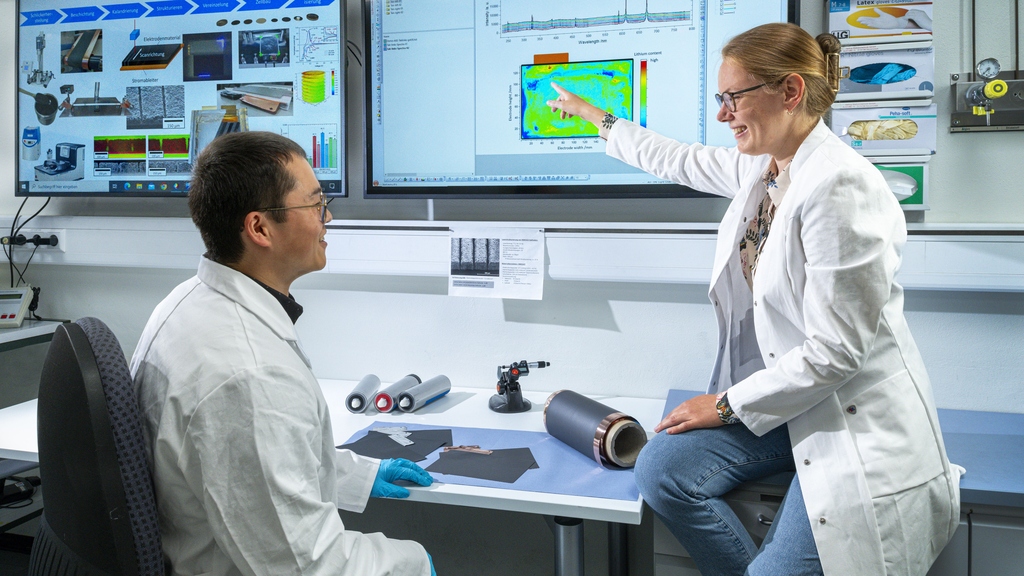
Natural sciences subject area: KIT is ranked in 1st place in environmental sciences.
Link_more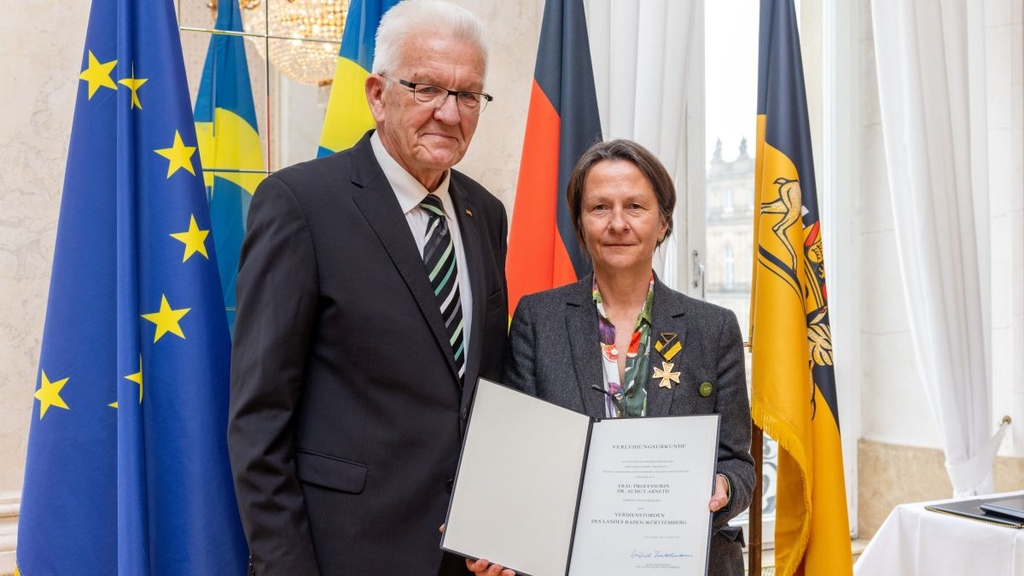
Ecosystem researcher from KIT honoured by Minister President Kretschmann as one of 22 people with the Order of Merit of the State of Baden-Württemberg.
Link_more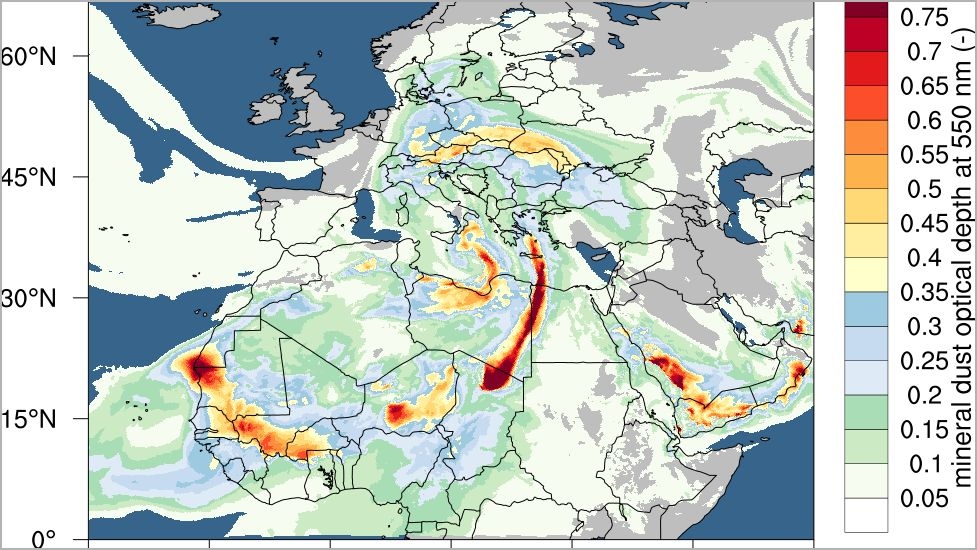
With the ICON-ART modelling system developed by KIT, the DWD will in future be able to make better energy forecasts by predicting mineral dust and its effects on radiation.
Link_more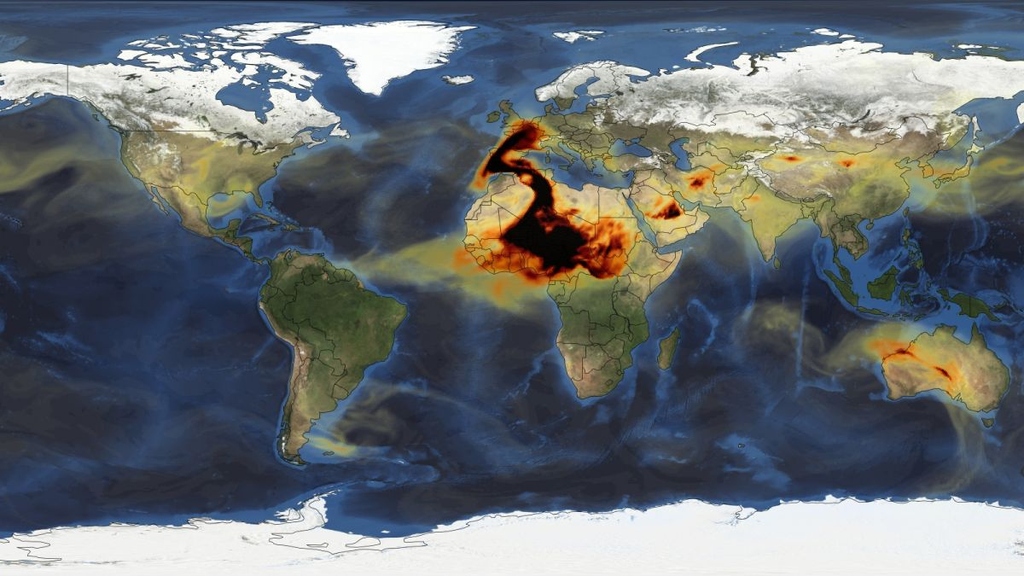
Public access contributes to greater transparency in science and makes it possible to jointly improve environmental predictions worldwide.
Link_more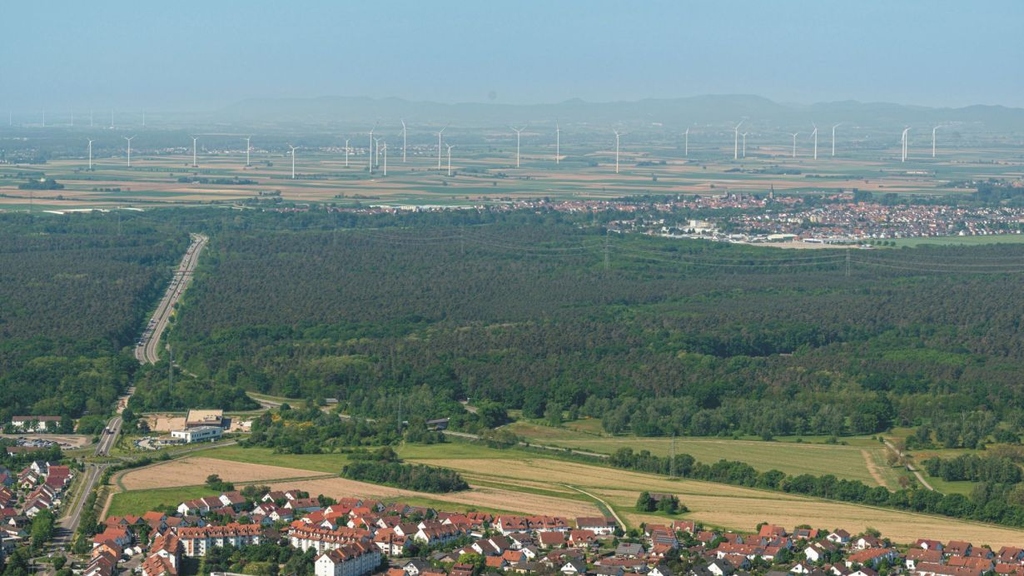
The aim of the fifth innovation campus in Baden-Württemberg is to contribute scientifically to the transformation towards a sustainable way of life.
Link_more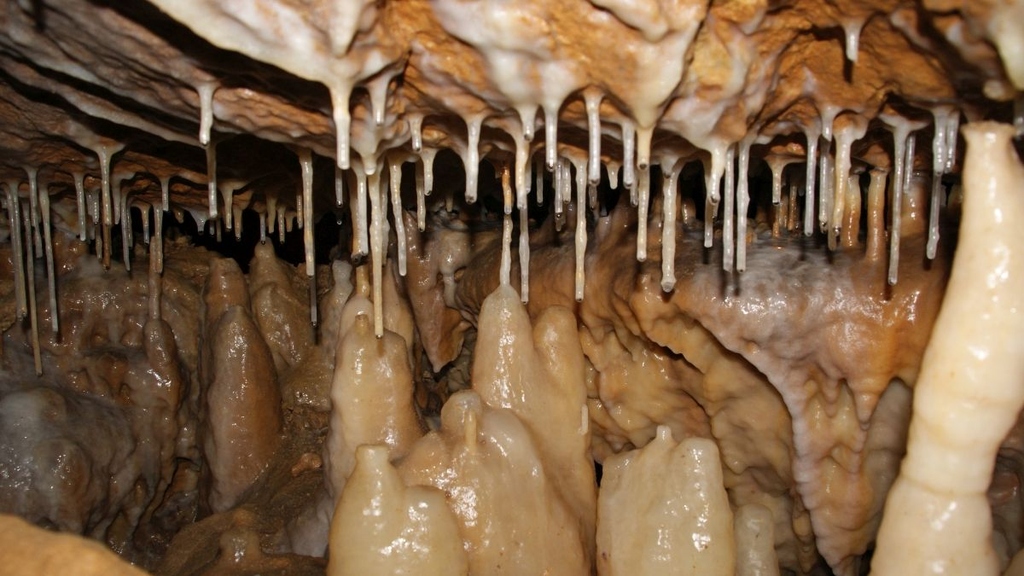
Anhand von Höhlentropfsteinen rekonstruieren Forschende regionale und globale Klimageschichte – Isotopenzusammensetzung gibt Aufschluss über jahreszeitliche Niederschlagsmengen.
Link_more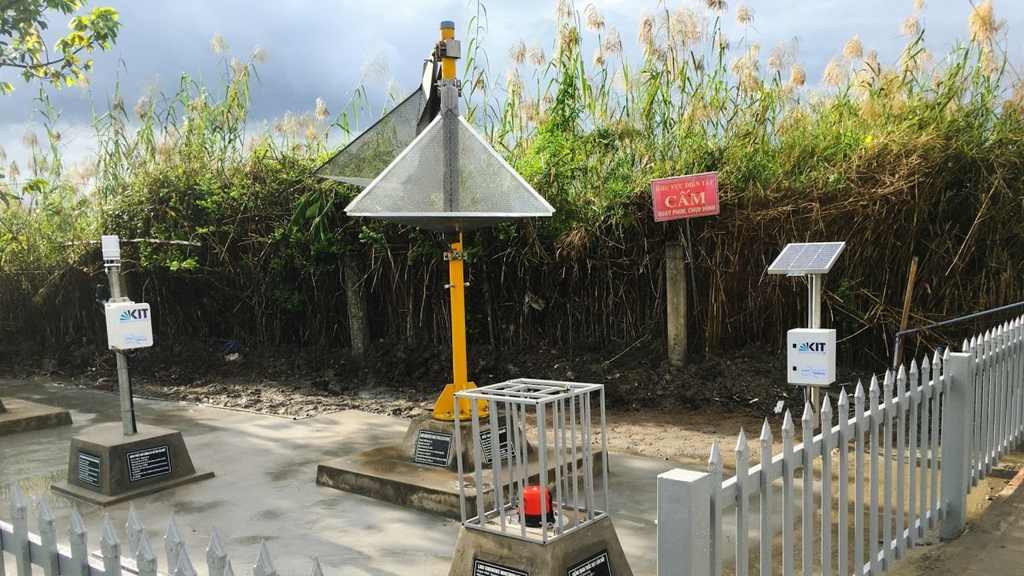
Ein von KIT und Partnern errichtetes Observatorium in Vietnam liefert wichtige Umweltdaten und gibt Aufschluss über Ursachen der Landsenkung.
Link_more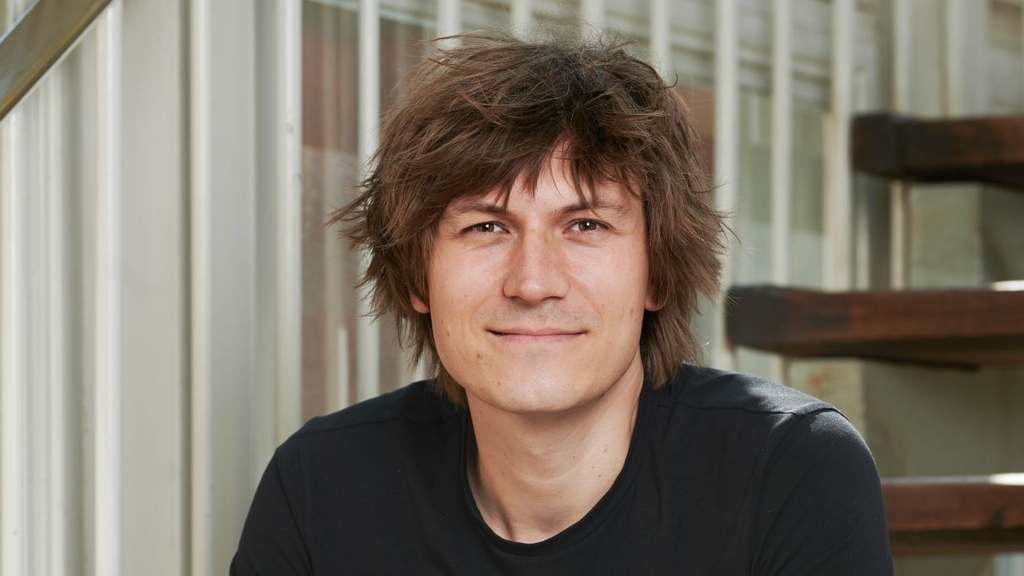
Interdisciplinary course combines digital design and production technologies with prototypical implementation using sustainable materials.
Link_more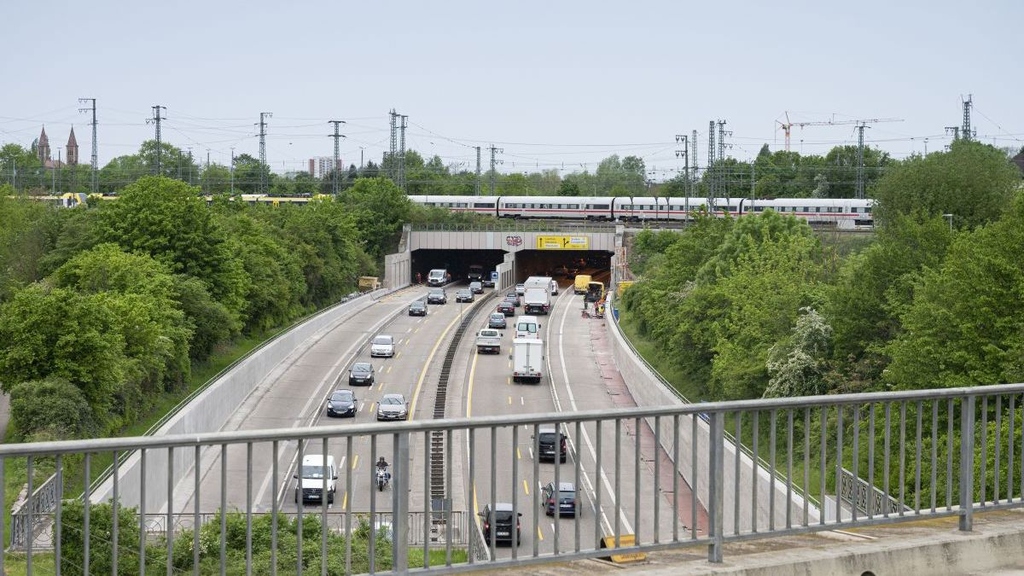
KIT researchers develop calculation model for reduced tire-road noise emissions.
Link_more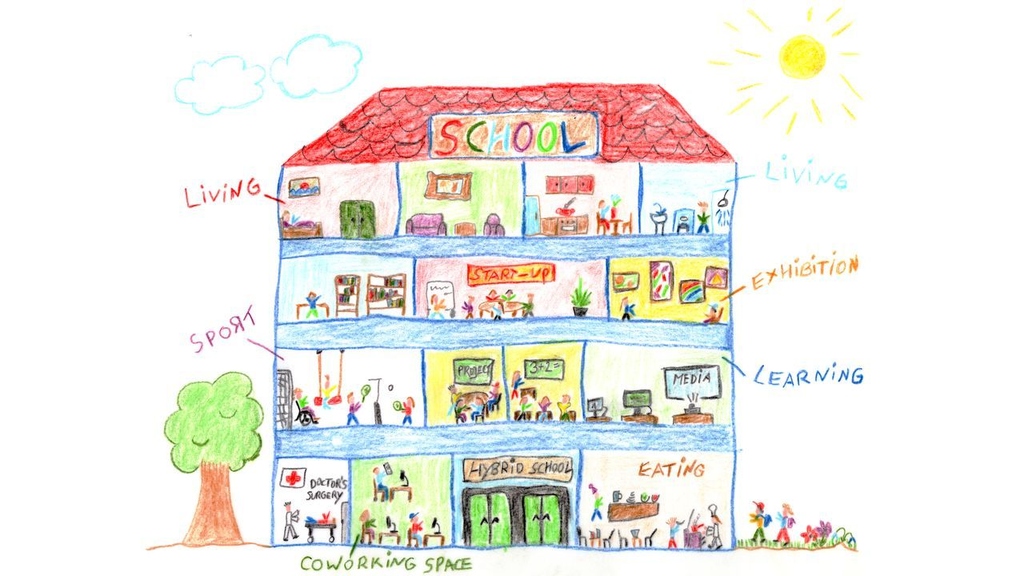
The results of the project "School as a hybrid system - more than just a place of learning" provide a blueprint for functionally more versatile, integrative and sustainable places of education.
Link_more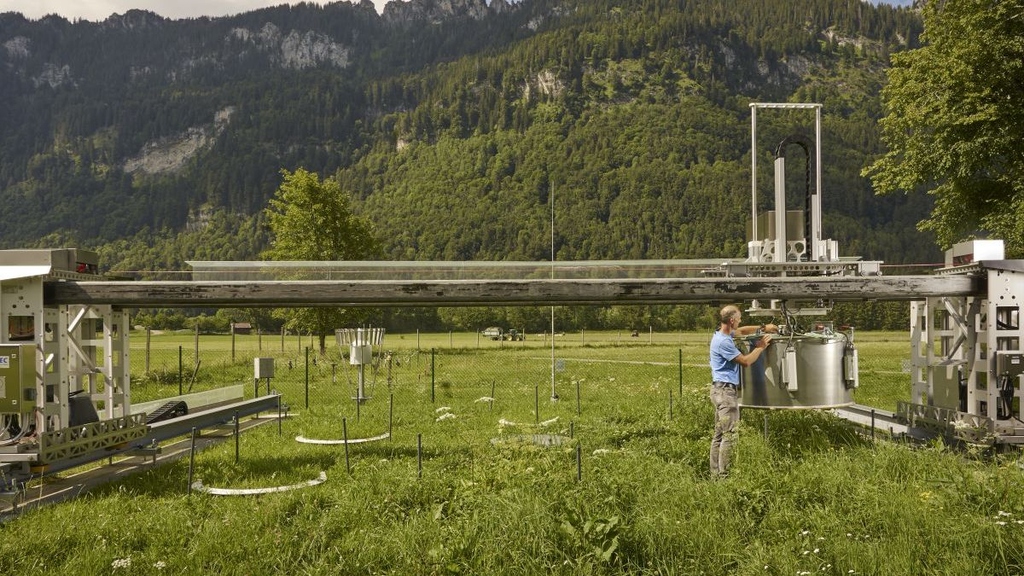
KIT is participating in an independent national emissions monitoring system that was presented at the World Climate Conference.
Link_more
International study in the run-up to COP28: Public-private partnerships could help protect developing countries from the financial consequences of climate change.
Link_more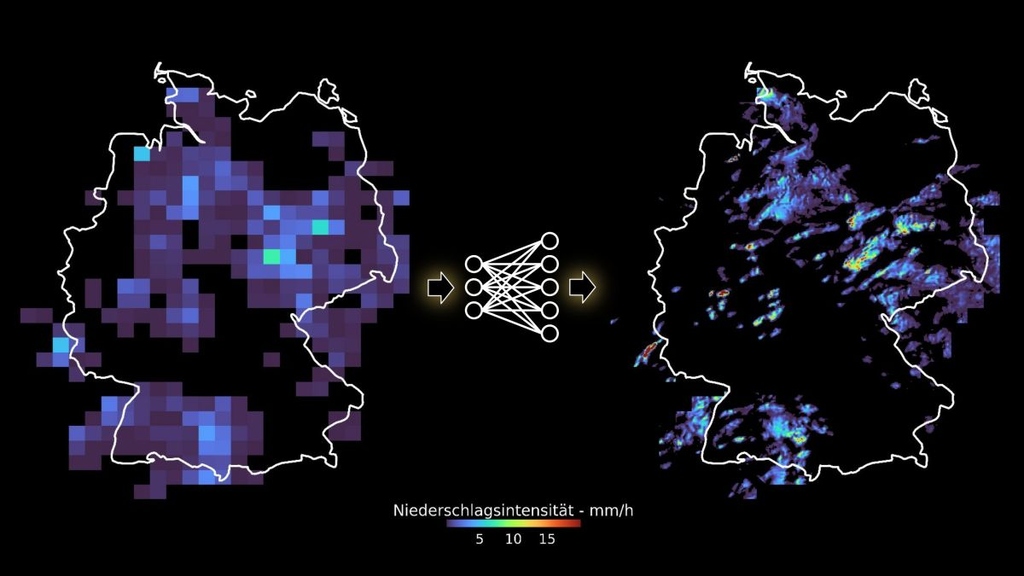
Researchers at KIT have used deep learning to improve both the spatial and temporal resolution of coarse precipitation maps for the first time.
Link_more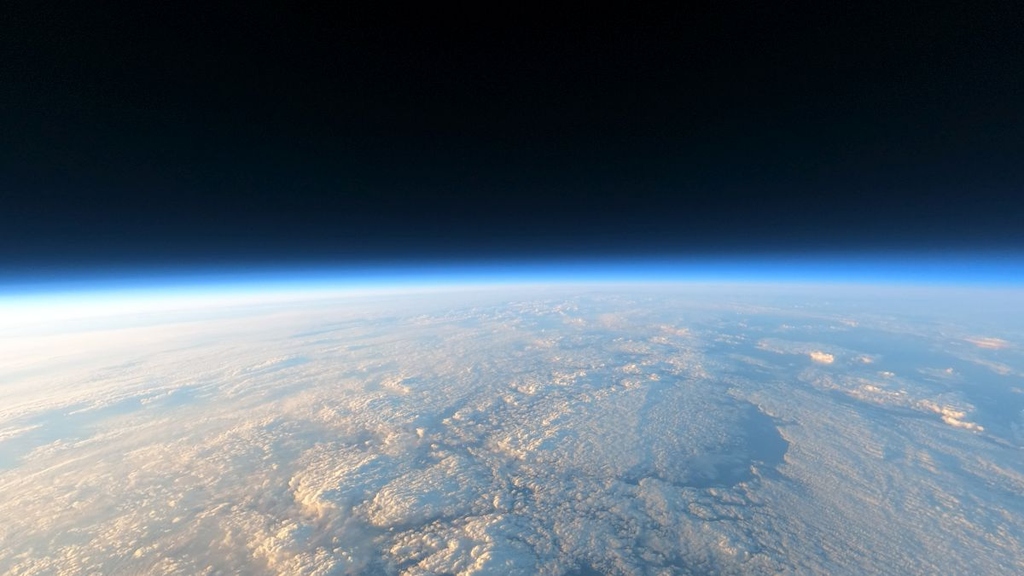
The CAIRT satellite mission is becoming increasingly likely. The European Space Agency (ESA) has now selected the concept, that was coordinated by Karlsruhe Institute of Technology (KIT), as one of two remaining candidates for an Earth observation mission. The final decision for implementation will be made in 2025.
Link_more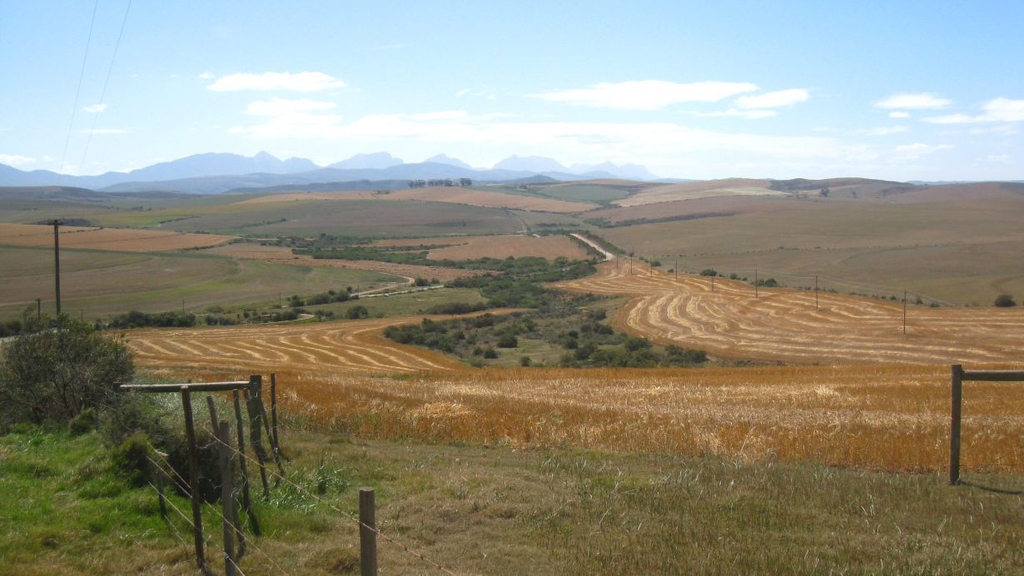
Research team demonstrates how land use change can simultaneously increase food production and store more carbon.
Link_more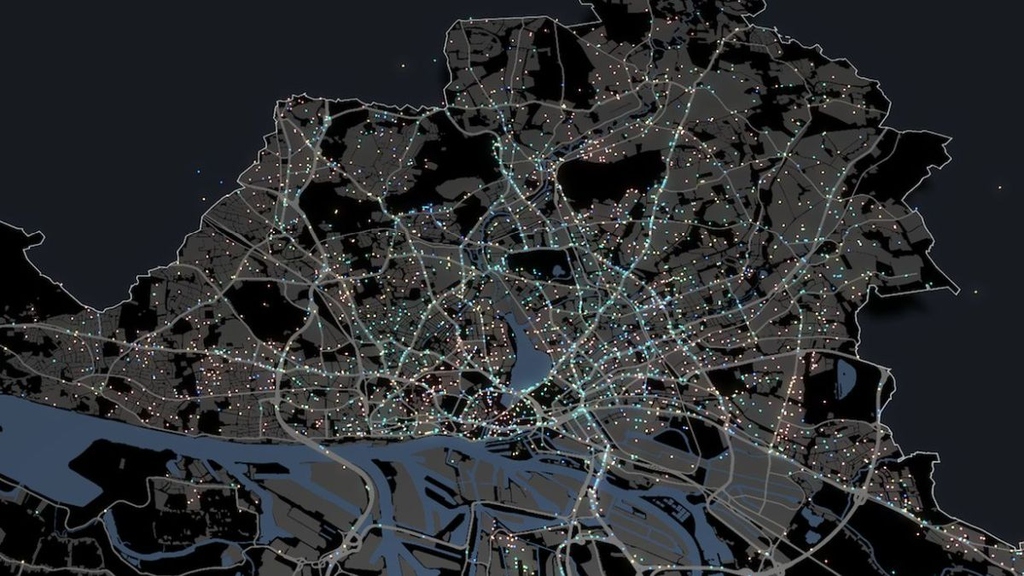
Federal Government funds project in the model region of Hamburg – KIT researchers investigate the behavior of people using mobility services.
Link_more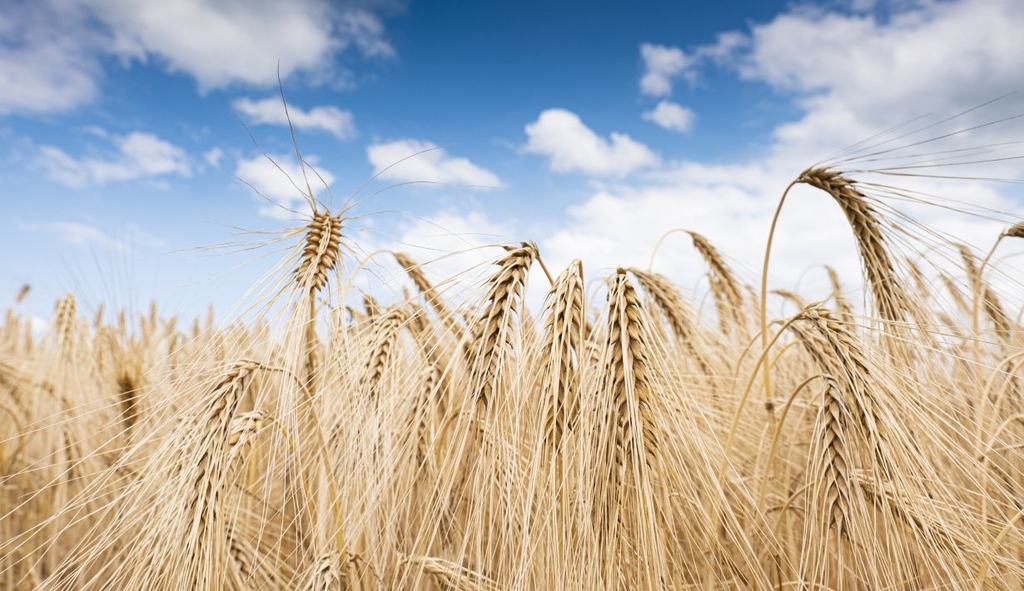
Models show that an equal global distribution of nitrogen fertiliser could significantly reduce the worldwide environmental pollution.
Link_more
KIT researchers have developed a platform that helps medium-sized companies to digitize and structure documents.
Link_more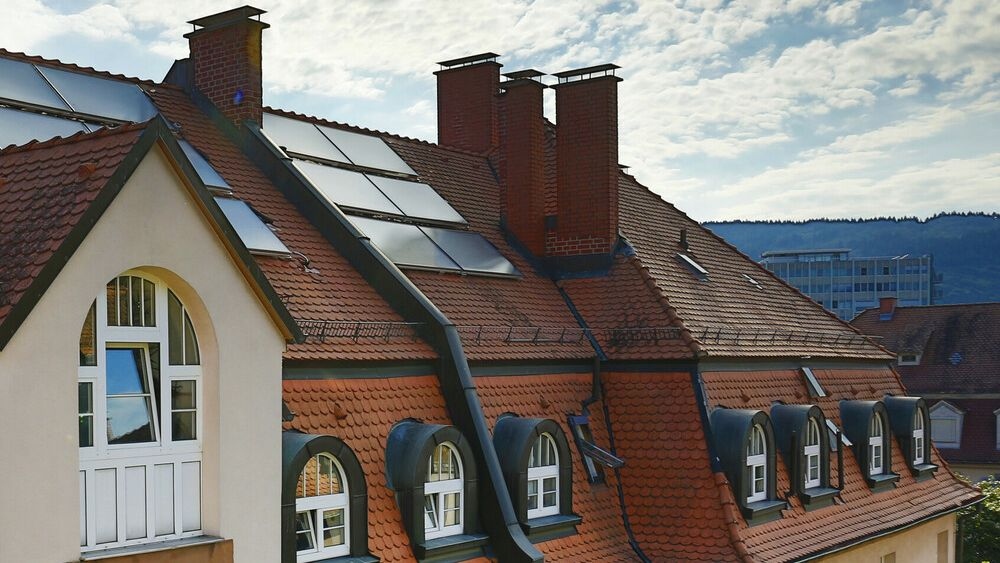
As a partner in a large joint research project, KIT has researched the use of heat pumps in existing multi-family houses and published a handbook for implementation.
Link_more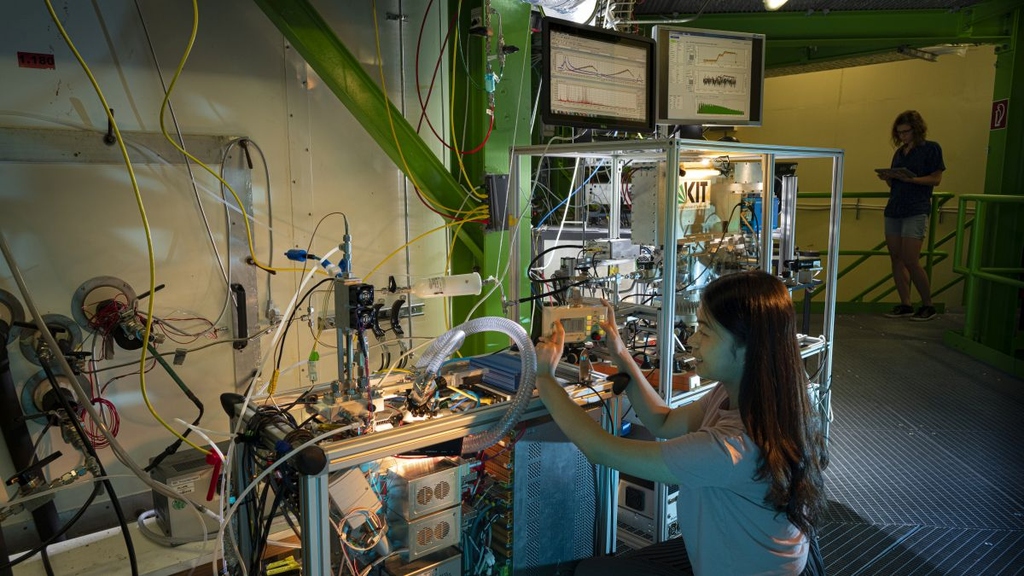
In the AIDAc simulation chamber, researchers study how clouds form. Interested people can visit the facility from home.
Link_more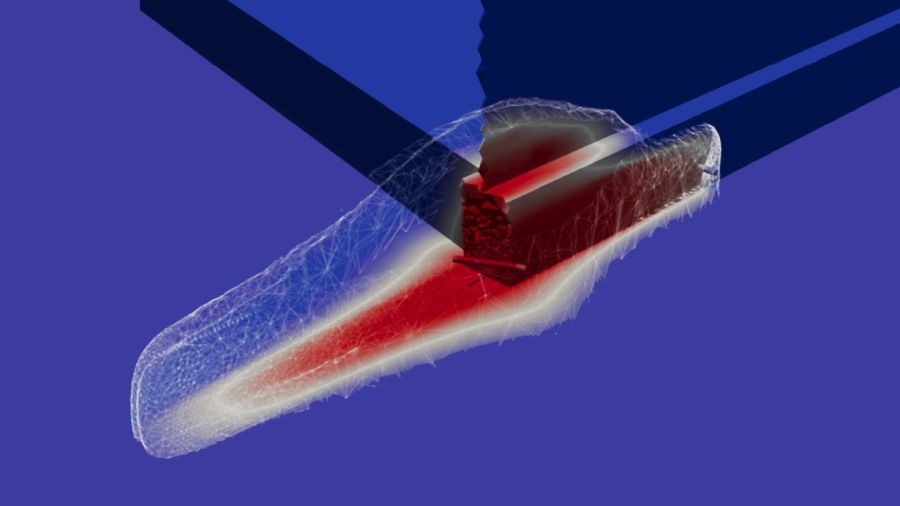
KIT researchers see long-term prospects for lithium extraction with geothermal plants.
Link_more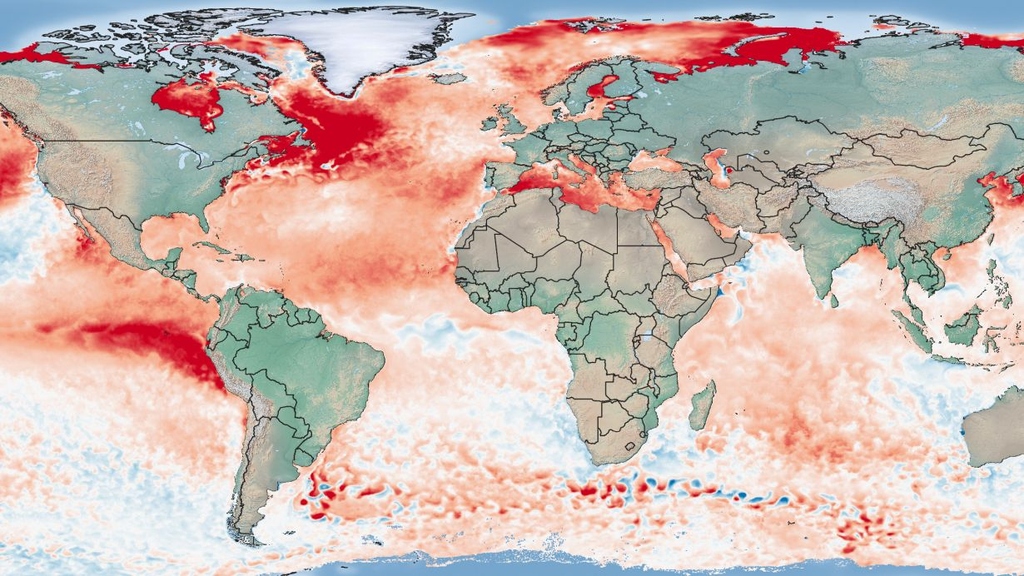
KIT researchers publish report on this year's temperature records in the northern hemisphere - Italy was by far heat hotspot in Europe.
Link_more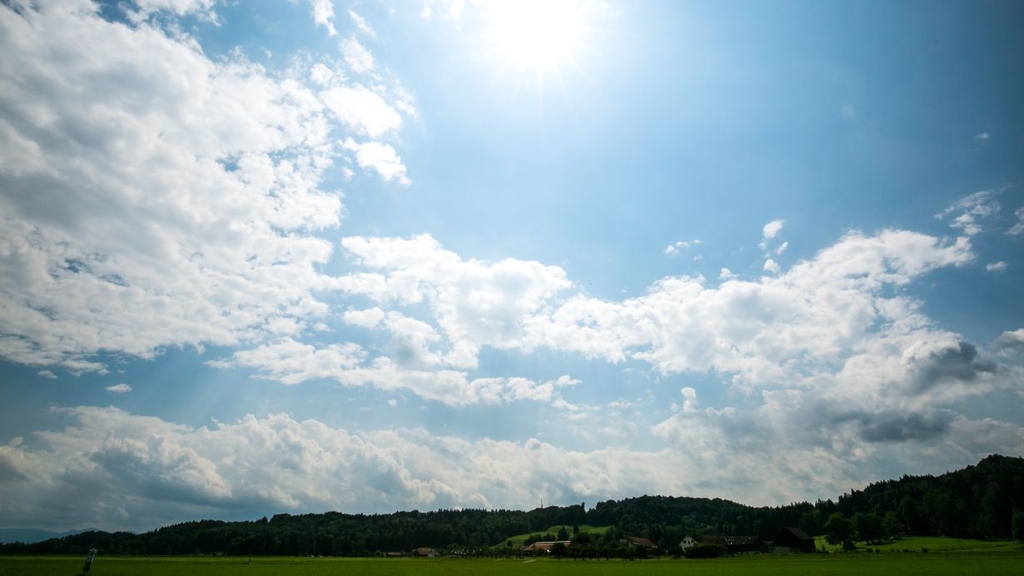
Underlying Processes Are Complex, But Follow Simple and Foreseeable Patterns.
Link_more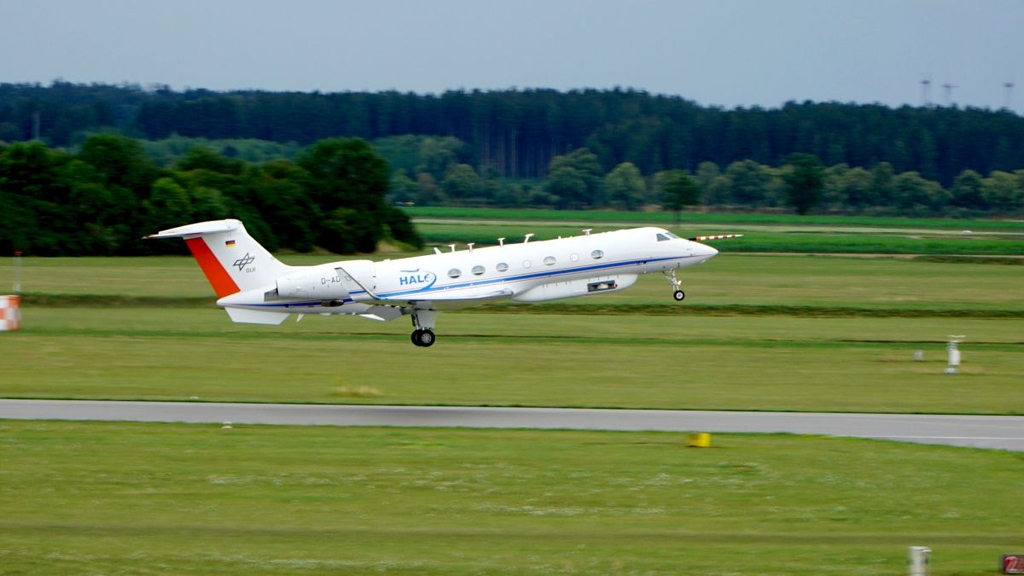
Using technology from the Karlsruhe Institute of Technology (KIT), the PHILEAS research project is investigating the transport of greenhouse gases and aerosols over the Pacific.
Link_more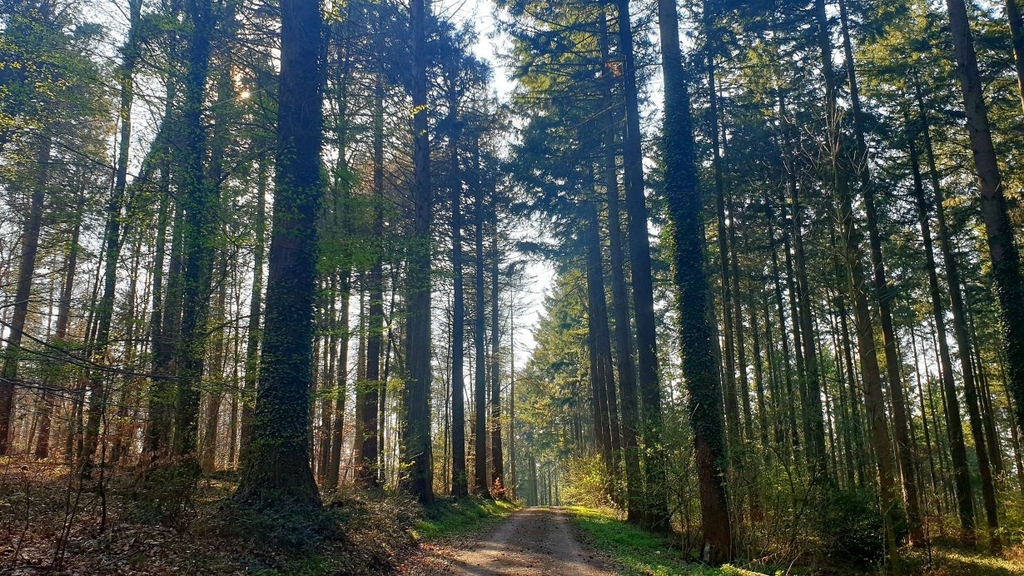
Researchers recalculate carbon stores in Eastern Europe using models, satellite data and statistics.
Link_more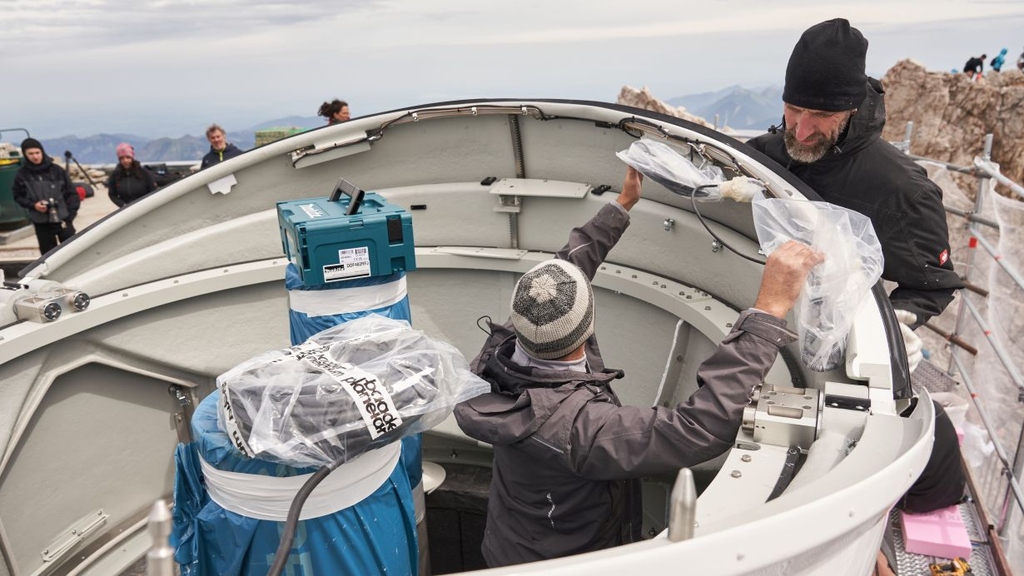
Measurement station of KIT’s Campus Alpine continues research into aerosols, clouds, and reactive trace gases using latest technology.
Link_more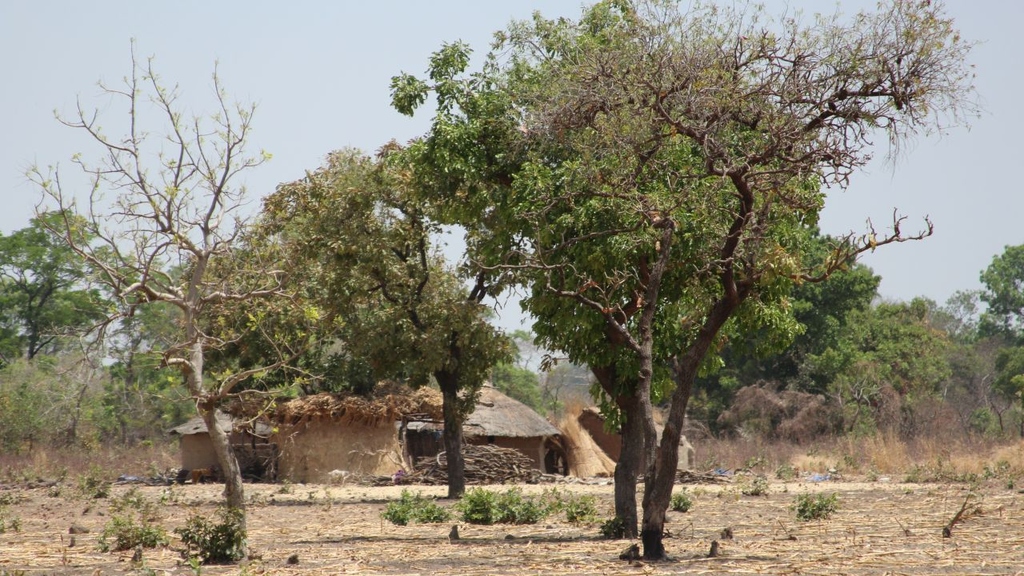
KIT researchers are investigating the impact of a renaturation initiative in the African Sahel on local rainfall.
Link_more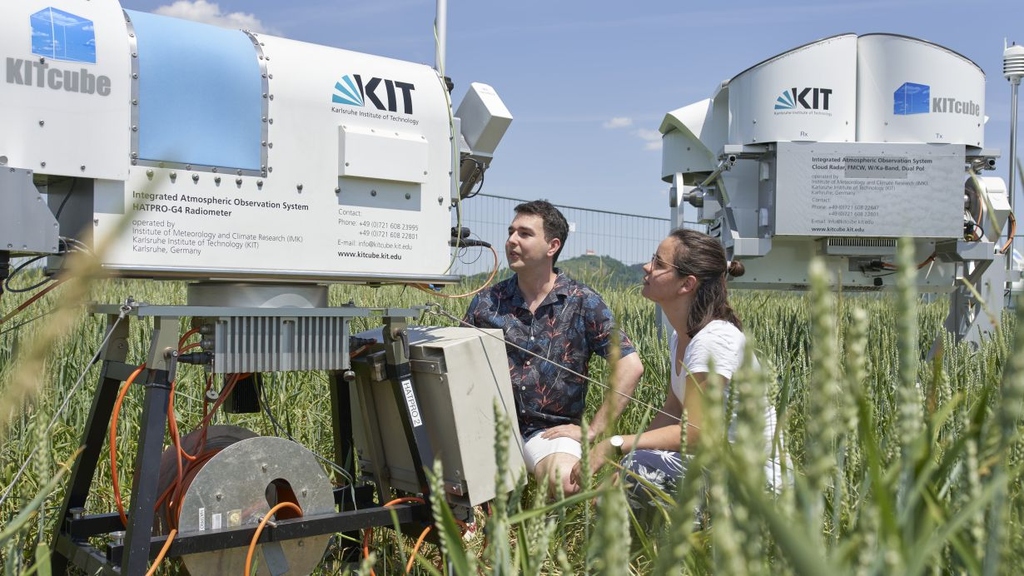
Measurement campaign in the Black Forest investigates weather extremes to better understand and predict their causes and consequences.
Link_more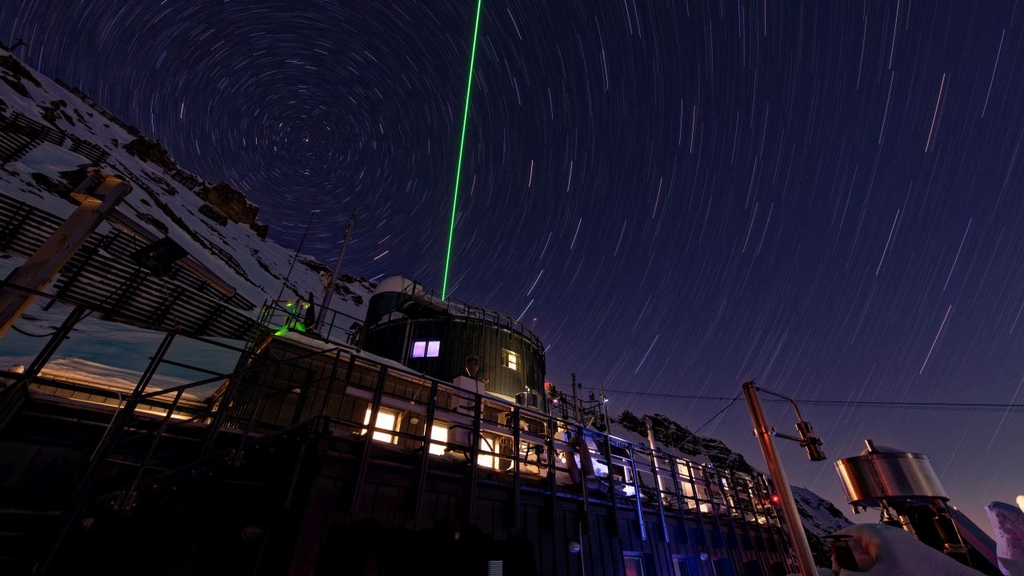
Largest multi-site infrastructure for atmospheric research now officially recognised worldwide by EU regulation.
Link_more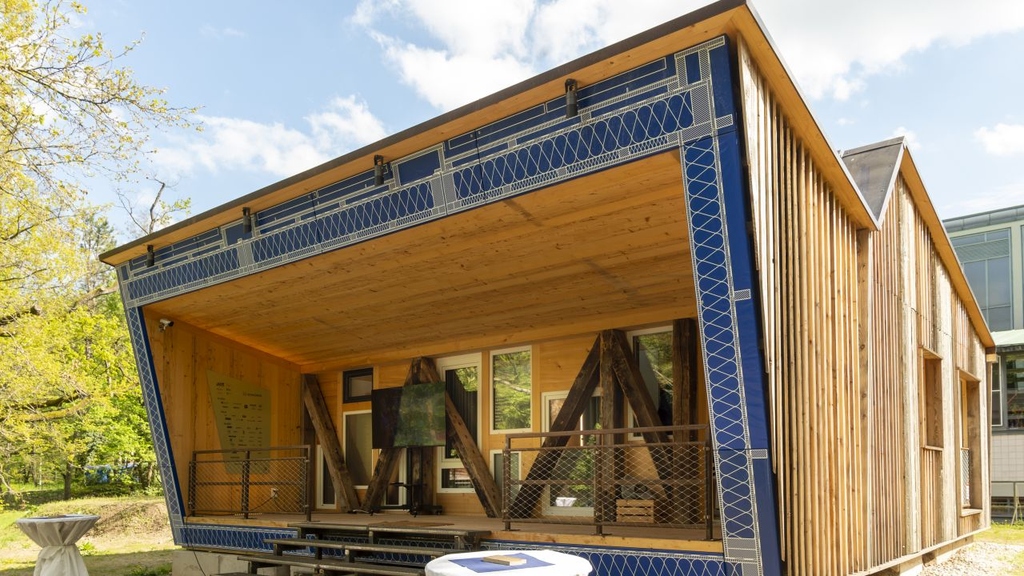
Peter Hauk, Minister for Food, Rural Areas and Consumer Protection in Baden-Württemberg, visited the opening of the RoofKIT building on 26 April.
Link_more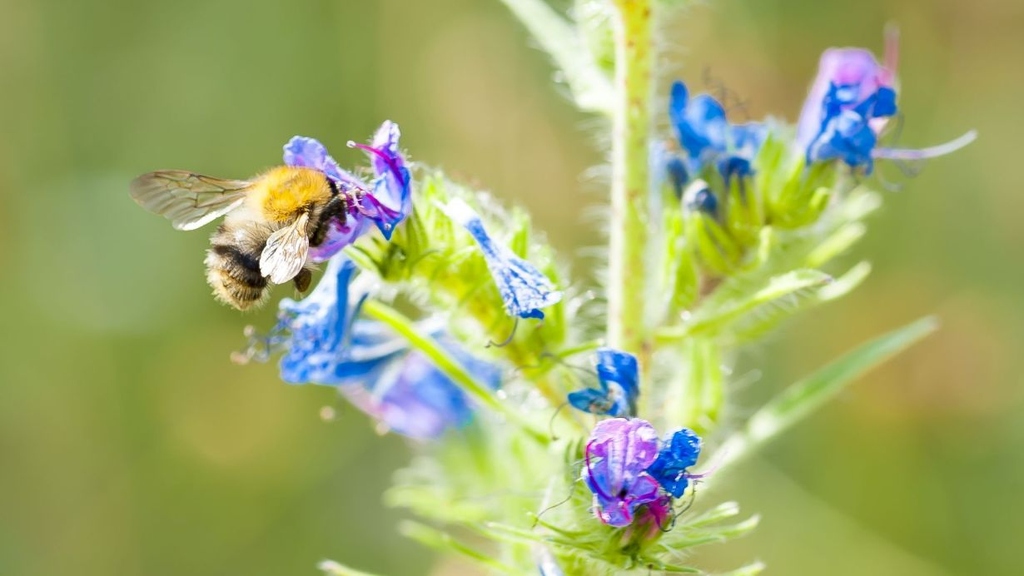
New overview study provides solutions for mitigating climate change and species loss.
Link_more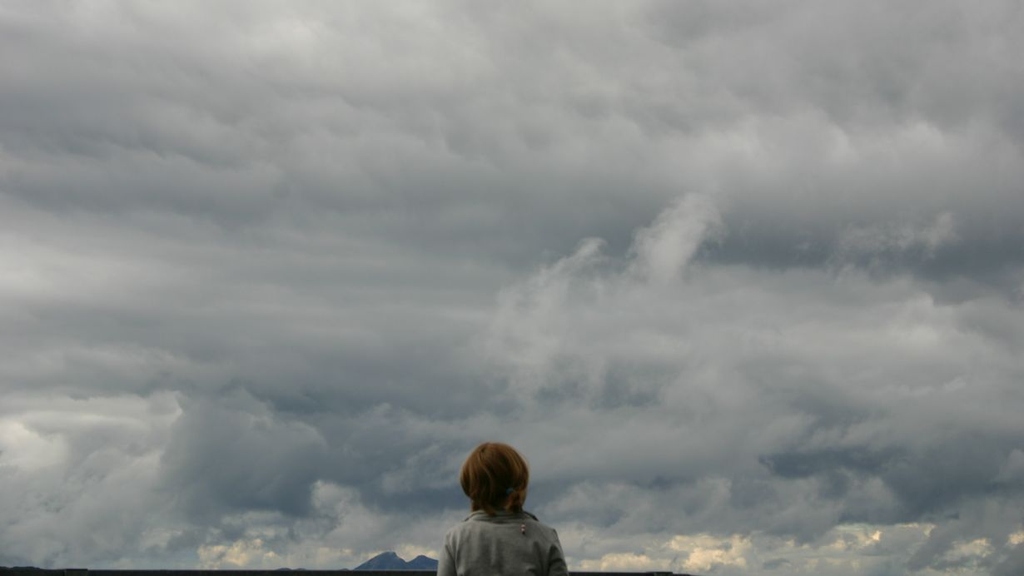
KIT participates in "Keine Stille vor dem Sturm – Tage der Nachhaltigkeit", a series of events on sustainability for children and adults
Link_more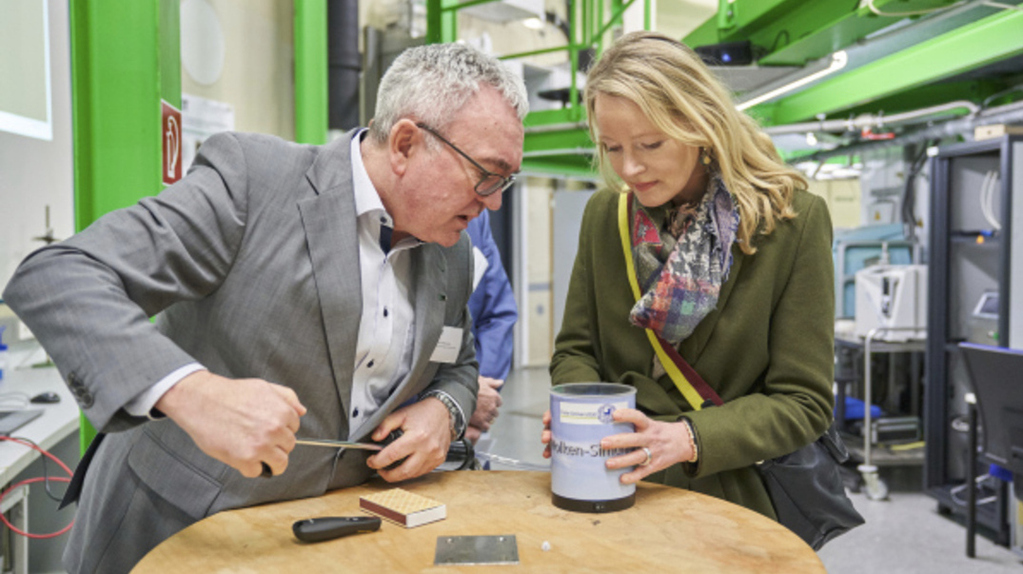
Die baden-württembergische Ministerin für Umwelt, Klima und Energiewirtschaft Thekla Walker besuchte vergangenen Donnerstag, 16. Februar 2023, das KIT, um sich über die aktuelle Energie- und Klimaforschung zu informieren.
Link_more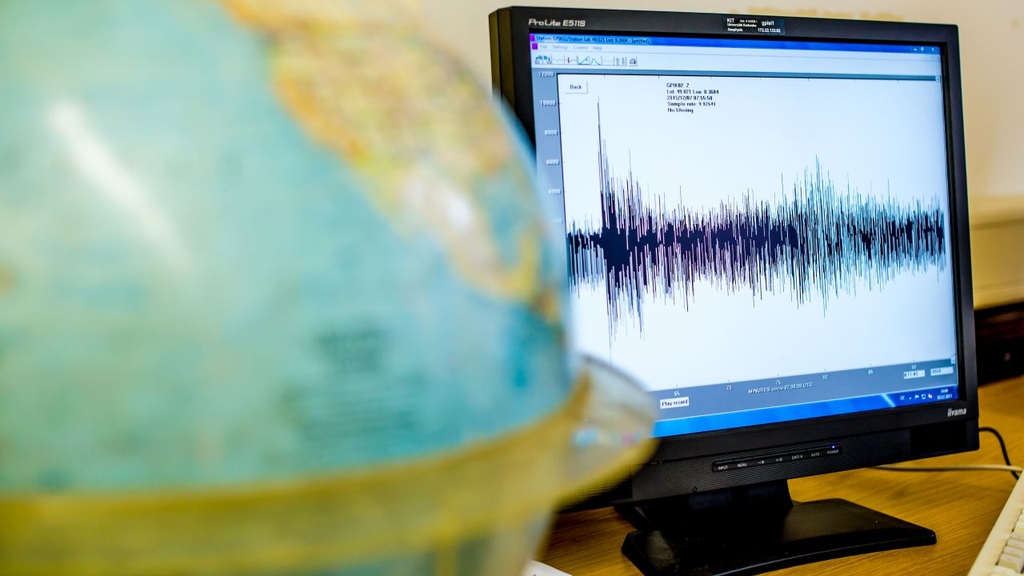
Center for Disaster Management and Risk Reduction Technology (CEDIM) at KIT and Risklayer GmbH present first damage report.
Link_more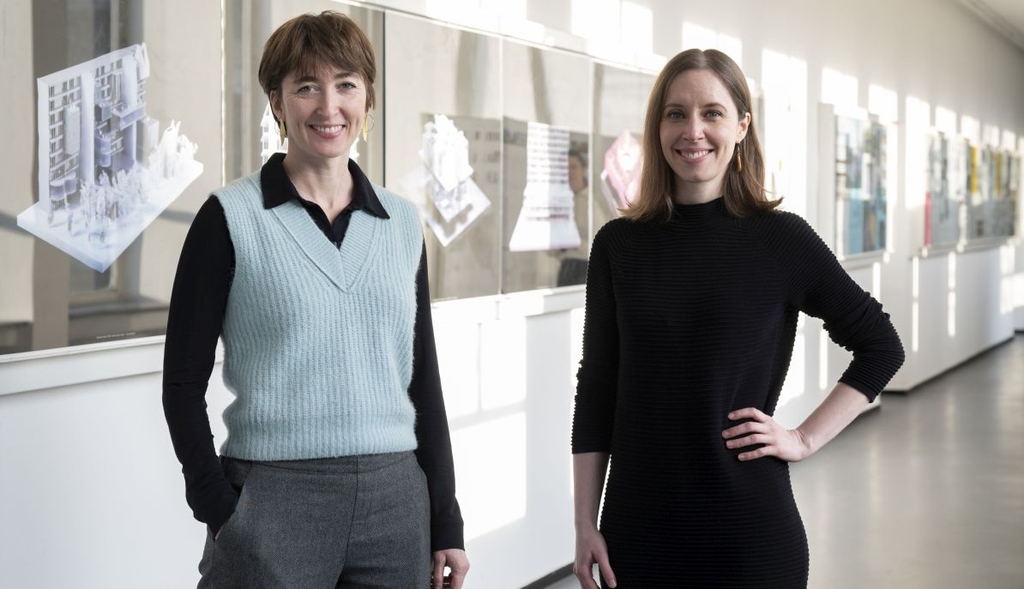
First of four Novel Tandem Professorships combining Humanities and Engineering Sciences Starts with Real Lab at KIT.
Link_more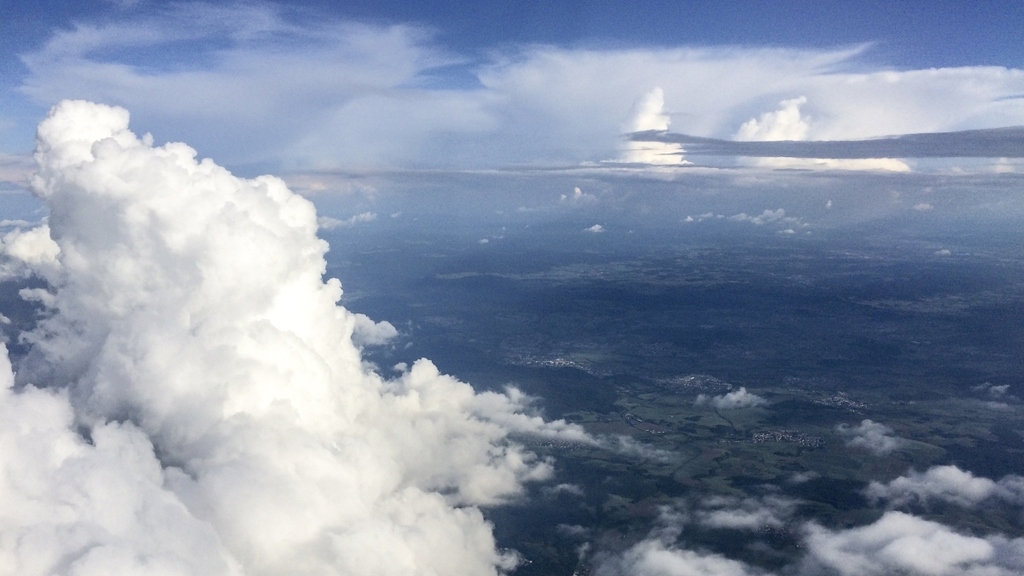
Successful balance after 10 years of research: IAGOS has become the pillar of the global atmospheric observation system.
Link_more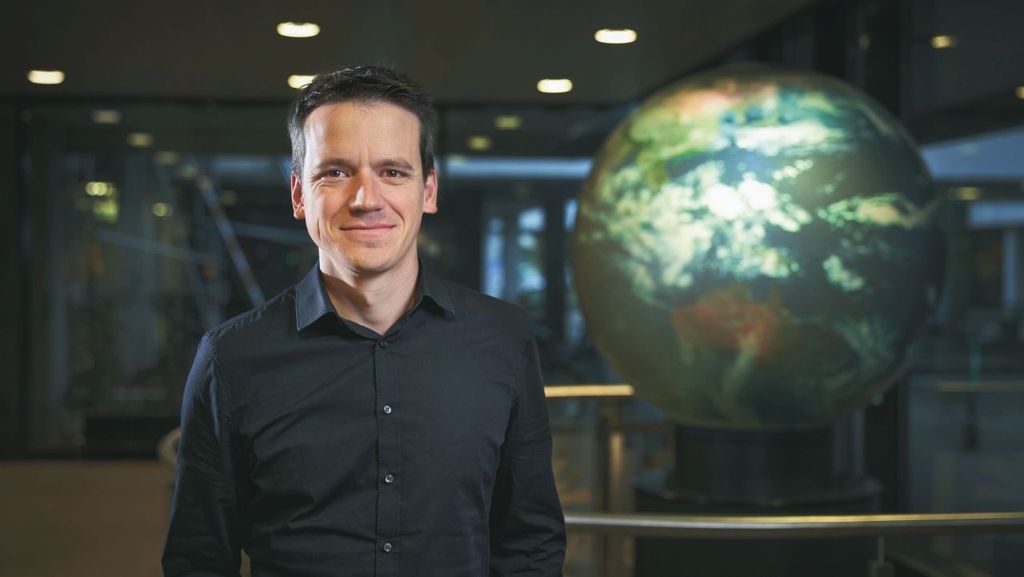
Julian Quinting of KIT receives ERC Starting Grant – ASPIRE project increases reliability of weather forecasts, and reduces computing costs and energy consumption.
Link_more
Geoenergy: Low-temperature aquifer storage enables climate-driendly heating and cooling - KIT study shows enormous potential for Germany.
Link_more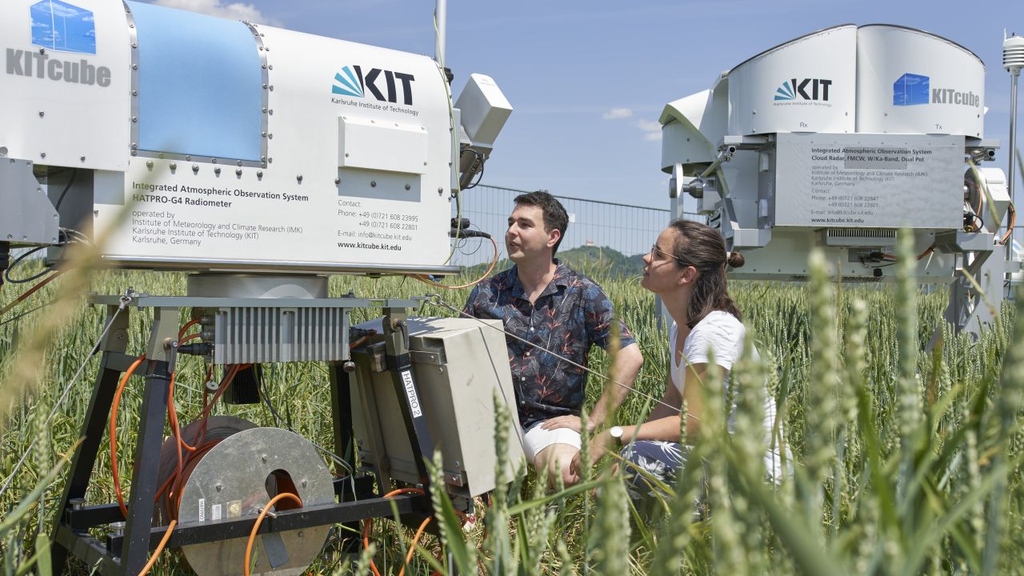
KIT performs well in the U.S. News University Ranking 2022-2023 - seven top positions nationally.
Link_more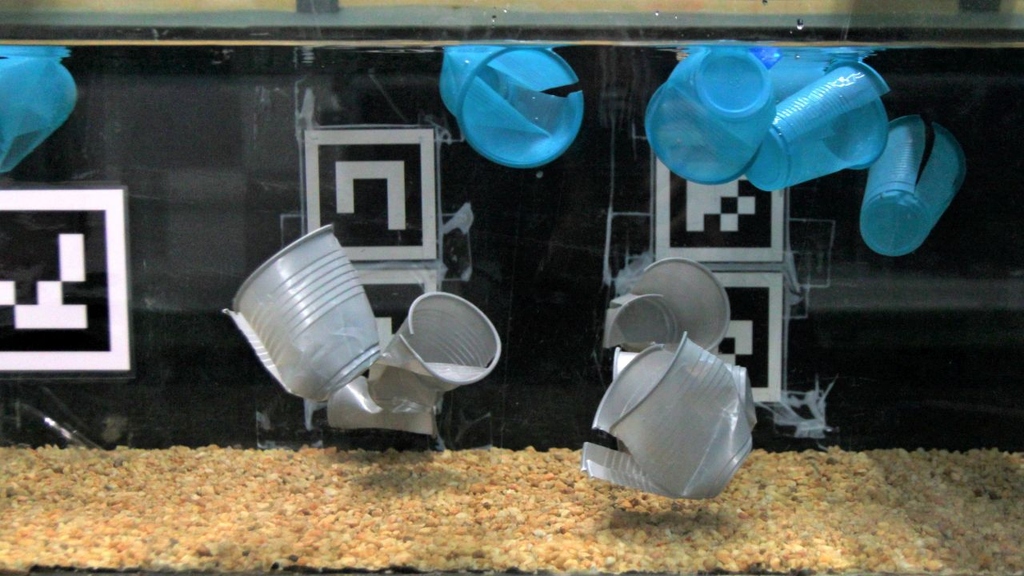
KIT researchers and partners assume that much more plastic is transported in flowing waters than estimated so far - new approaches to modeling.
Link_more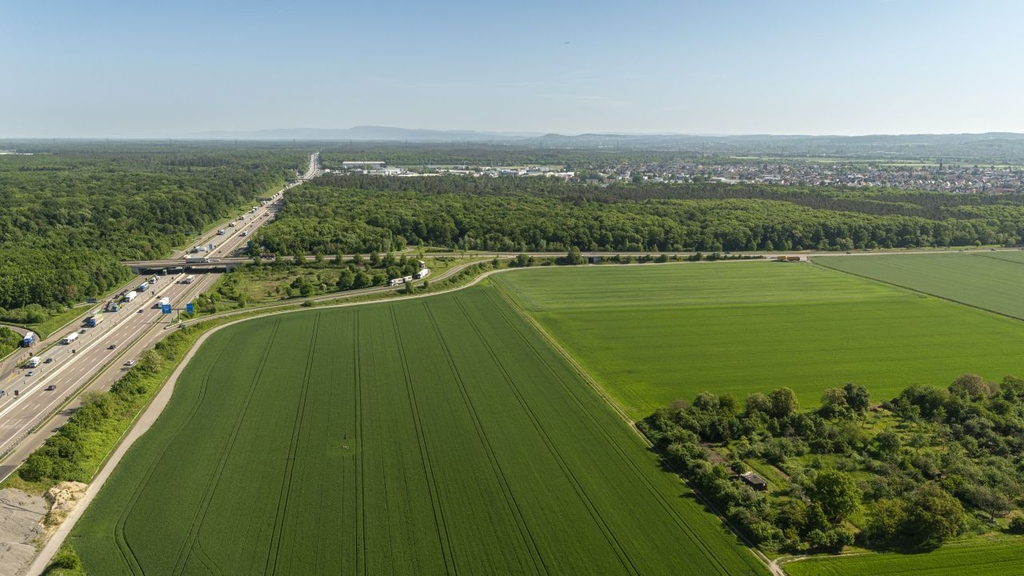
With the help of a monitoring system, sources and sinks of greenhouse gases in Germany are to be better recorded and monitored in future.
Link_more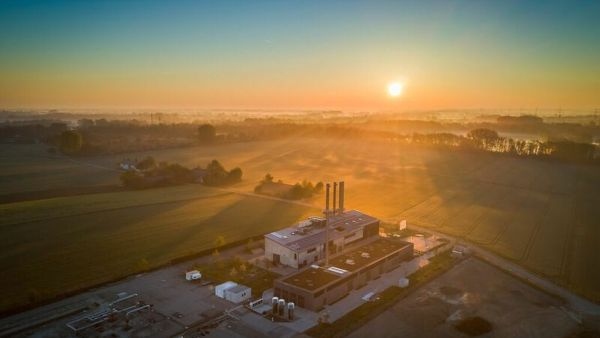
A KIT Team Has Analyzed the Extraction of Lithium from Thermal Water Resources in Germany – Feasible Extraction Volumes and Time Horizon Limit the Potential.
Link_more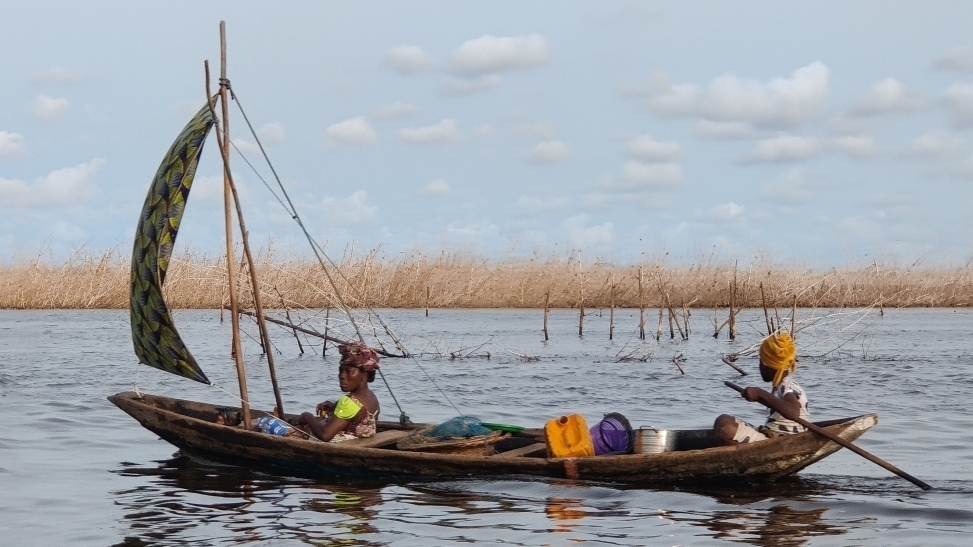
Flood protection or the preservation of the rainforest - the study of meteorological correlations makes valuable contributions.
Link_more
Switching from cattle to camel and goat husbandry promotes more sustainable and safer milk production in the drylands of northern Africa.
Link_more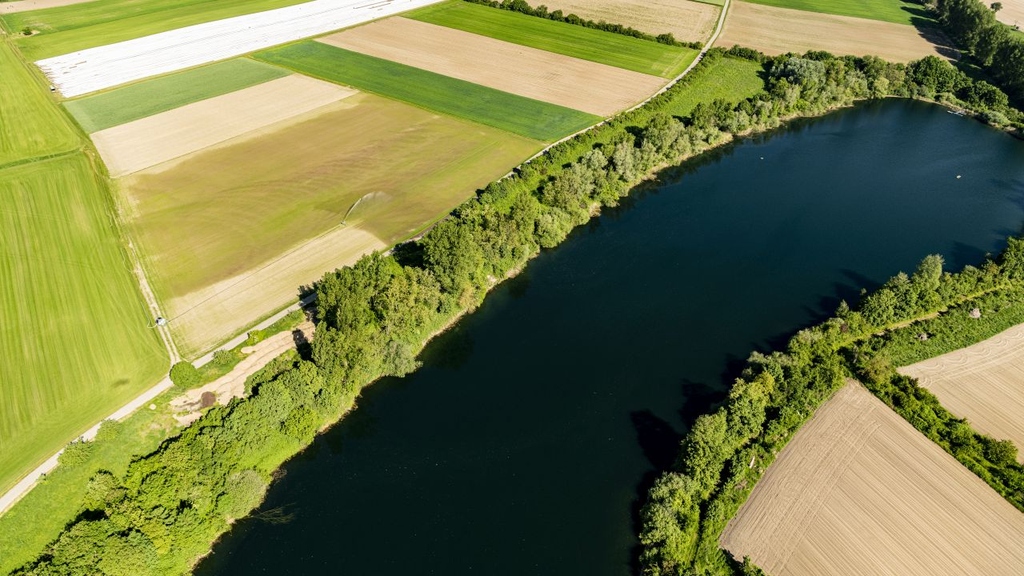
KIT Researchers Aim to Compile Hydrological Data to Identify the Effects of Climate Change on Water Cycles in Germany.
Link_more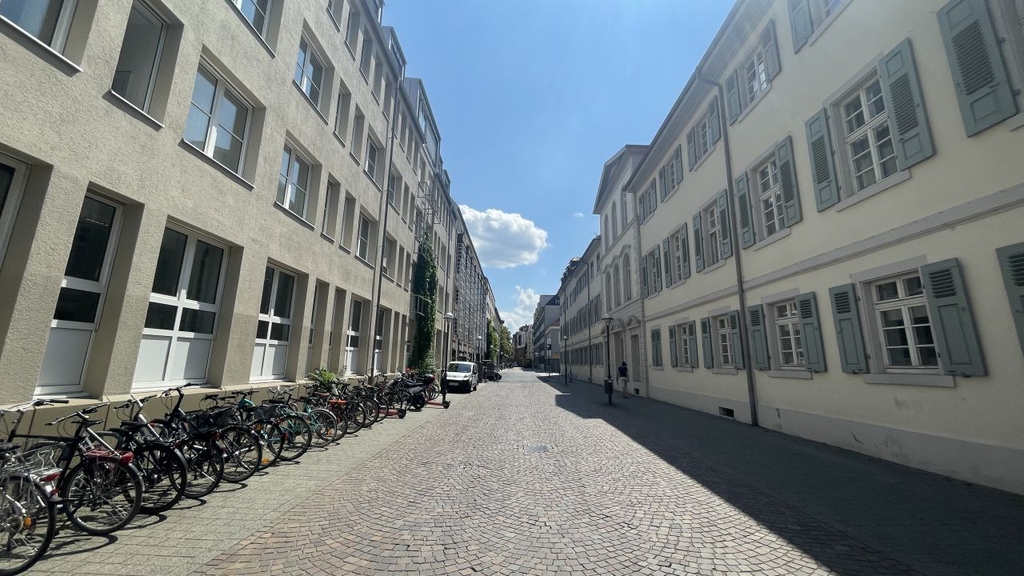
Study shows great potential for heat supply with accumulated heat in the underground.
Link_more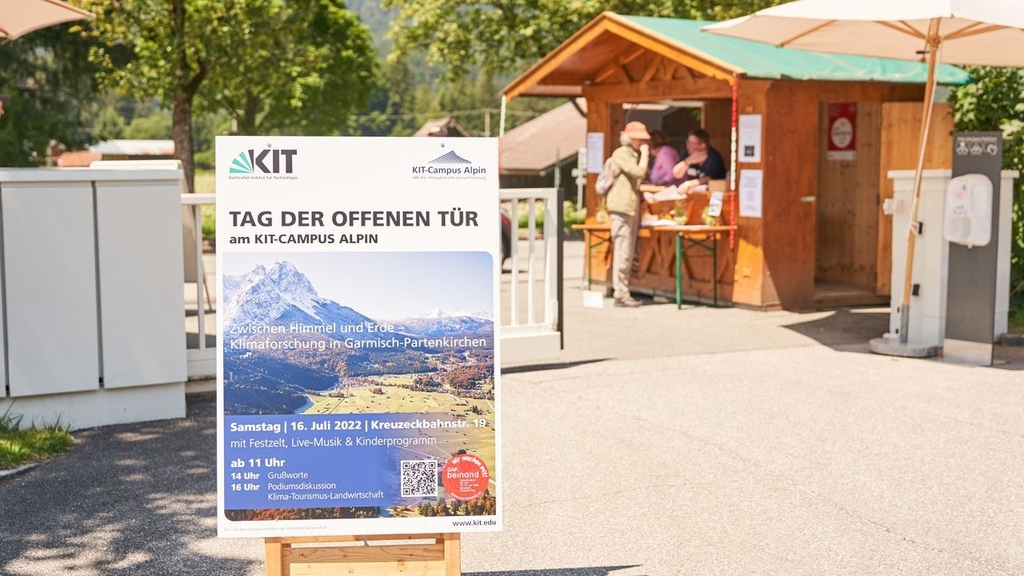
For 68 years, the KIT Institute for Meteorology and Climate Research in Garmisch-Partenkirchen has been researching pressing climate and environmental issues.
Link_more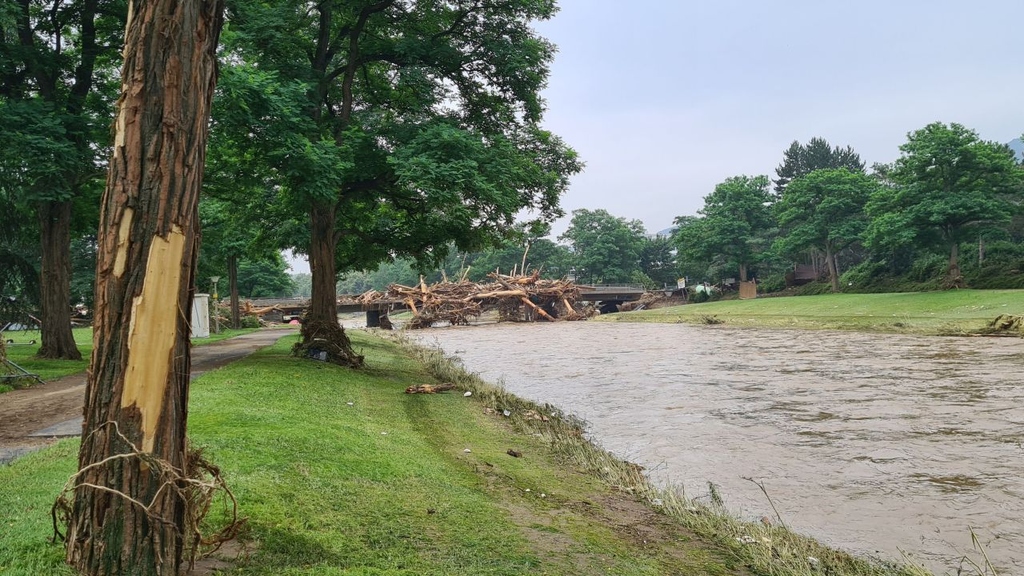
Current studies on the flood disaster in the Eifel in 2021 on the future development of such extreme events.
Link_more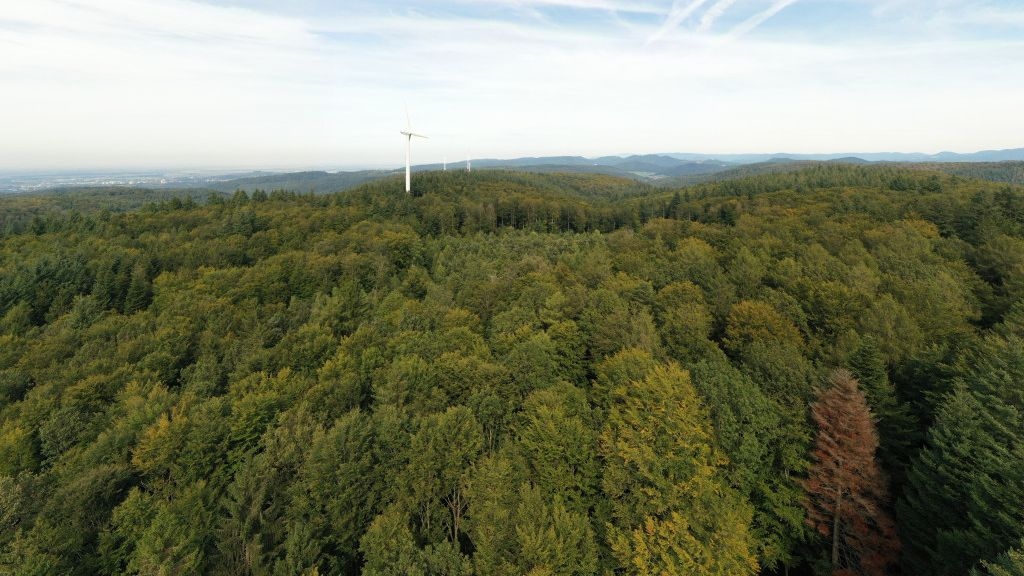
Researchers are developing sensors to measure ecosystem conditions in the forest and detect changes more quickly.
Link_more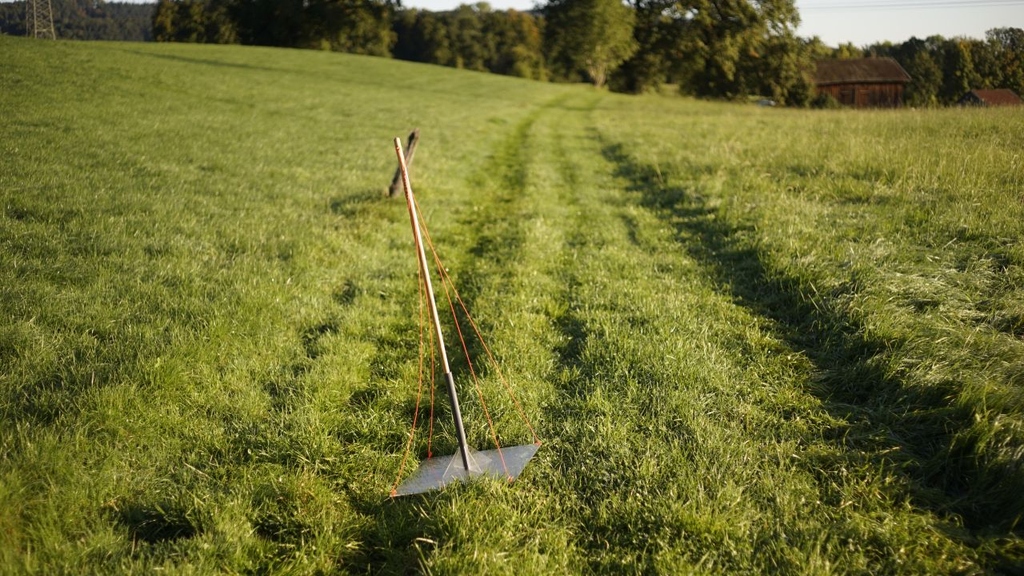
Using a combination of unmanned aerial systems and machine learning, KIT researchers are gathering information on grassland features to map, monitor and assess them.
Link_more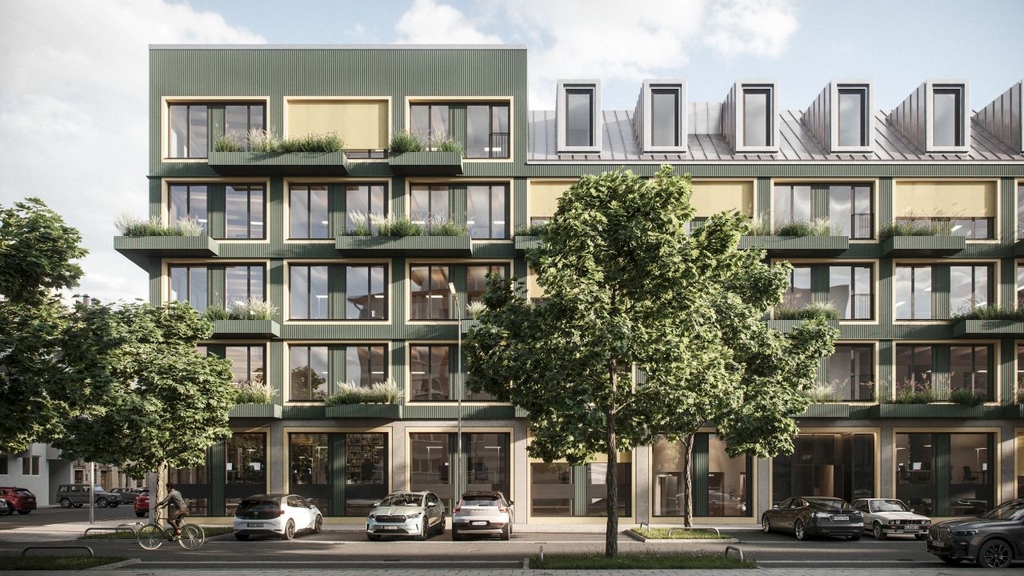
Practical architectural study reveals the importance of wood as a sustainable building material for the city - plea for colored, greened facades.
Link_more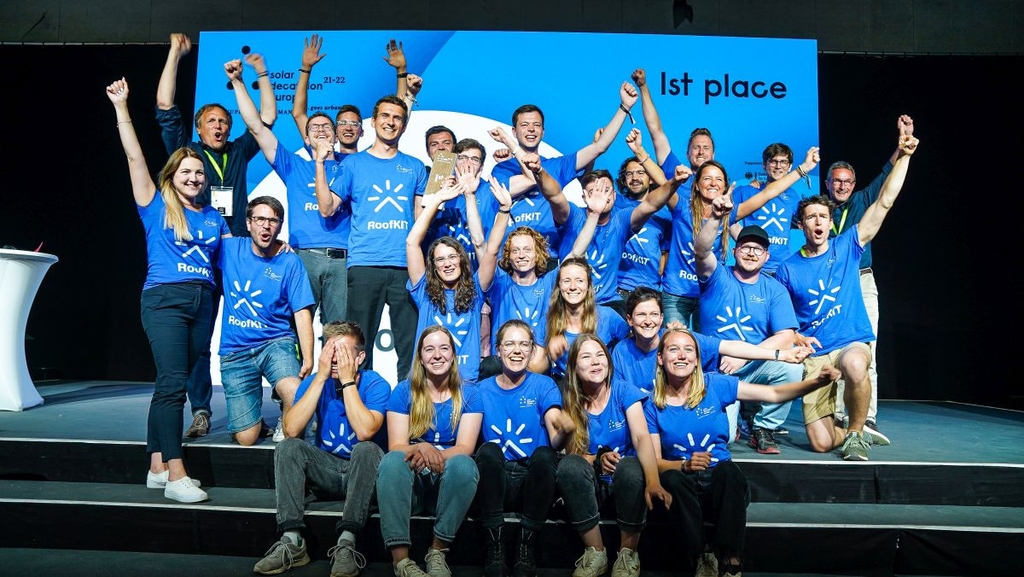
RoofKIT Project impresses at the Solar Decathlon Europe 21/22 with an energy-efficient and cycle-compatible addition to an existing Building.
Link_more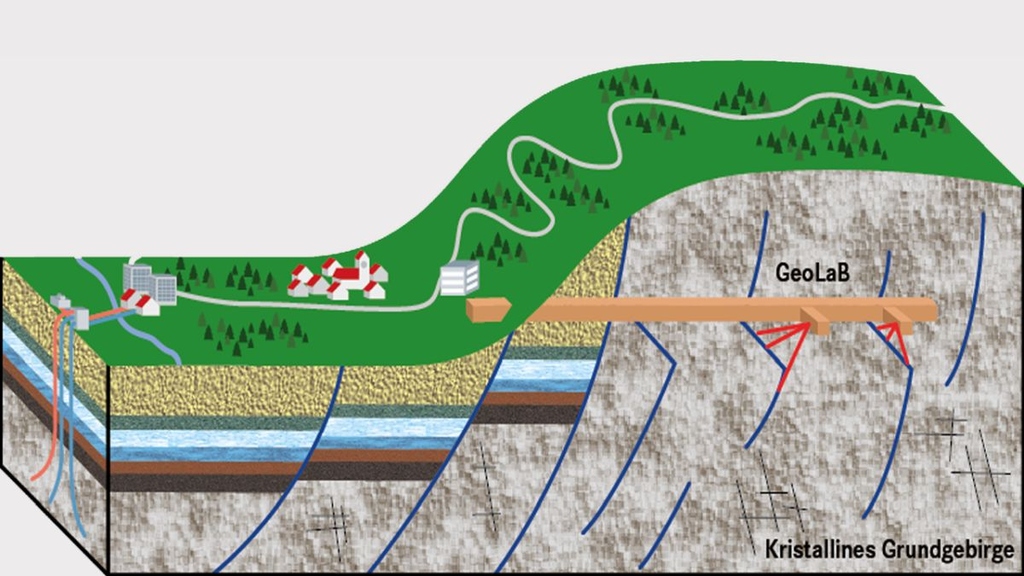
KIT and Research Partners Build the World's First Underground Reservoir Simulator for Deep Geothermal Energy Research.
Link_more
Future Hub und Energy Solutions: From 30 Mai to 2 June 2022, KIT will present selected highlights from technology development at two stands.
Link_more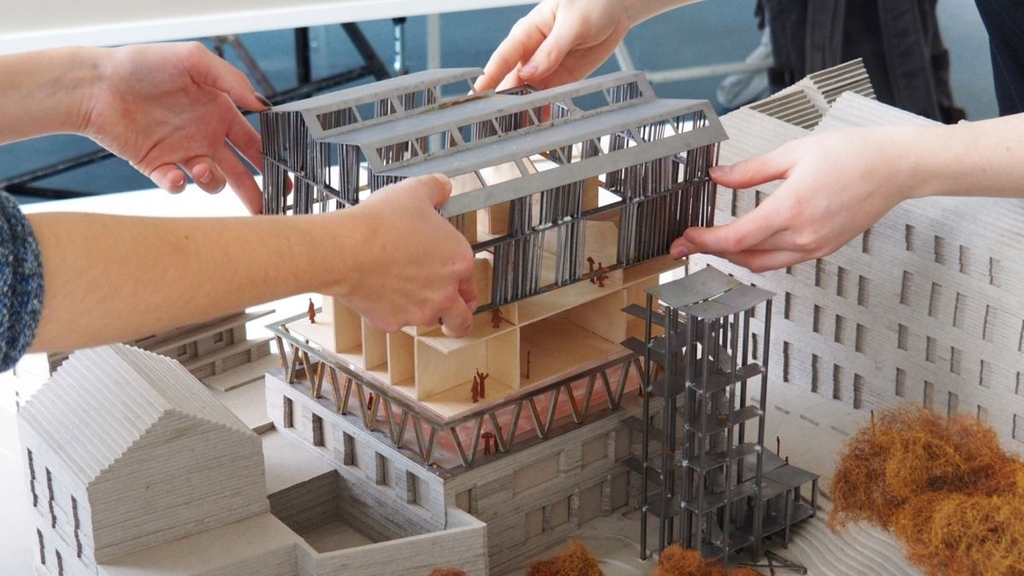
KIT team plans, designs, and constructs an energy-efficient and sustainable building in an international university architectural competition.
Link_more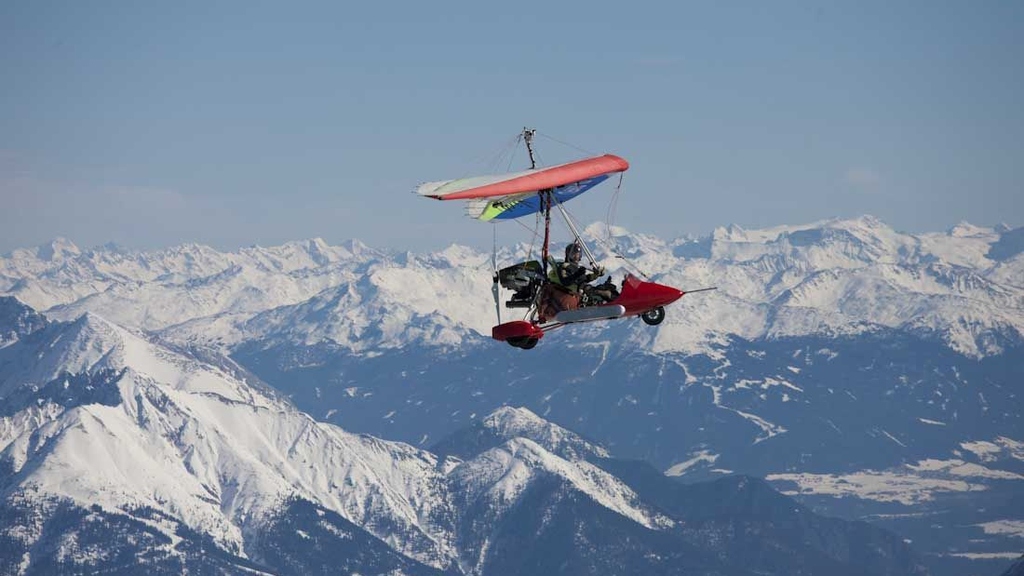
KIT researchers prove global increase of ultrafine particles from fossil fuel exhaust gases and warn of significant weather effects
Link_more
KIT receives 10,000 euros in prize money for outstanding educational initiatives in the category "Places of Learning"
Link_more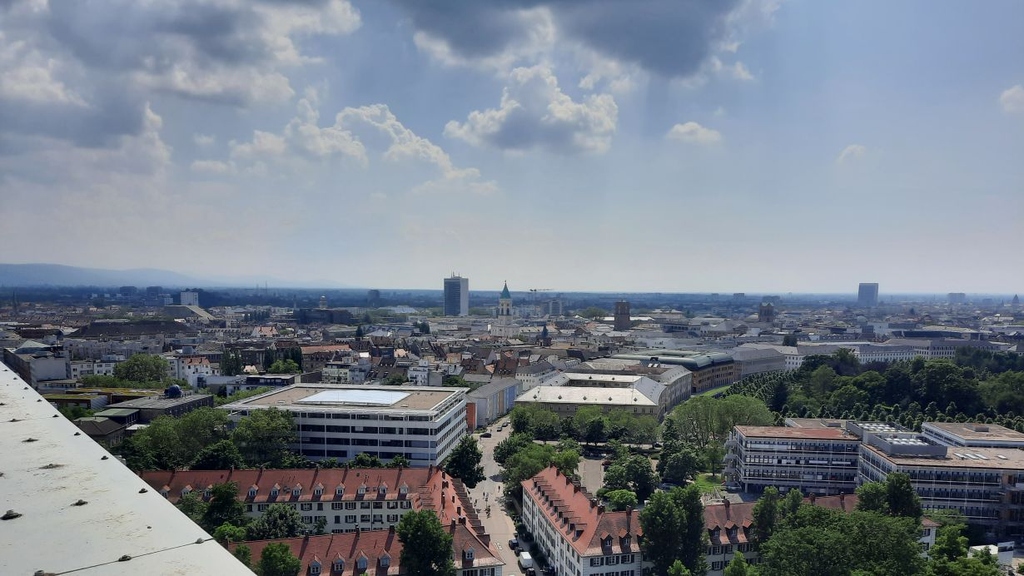
Forschende des KIT untersuchen Möglichkeiten, um die städtische Überwärmung im oberflächennahen Untergrund zu recyclen.

Christoph Kirchlechner, Lars Heinke, and Inge Hinterwaldner will receive up to two million euros for their research projects.
Link_more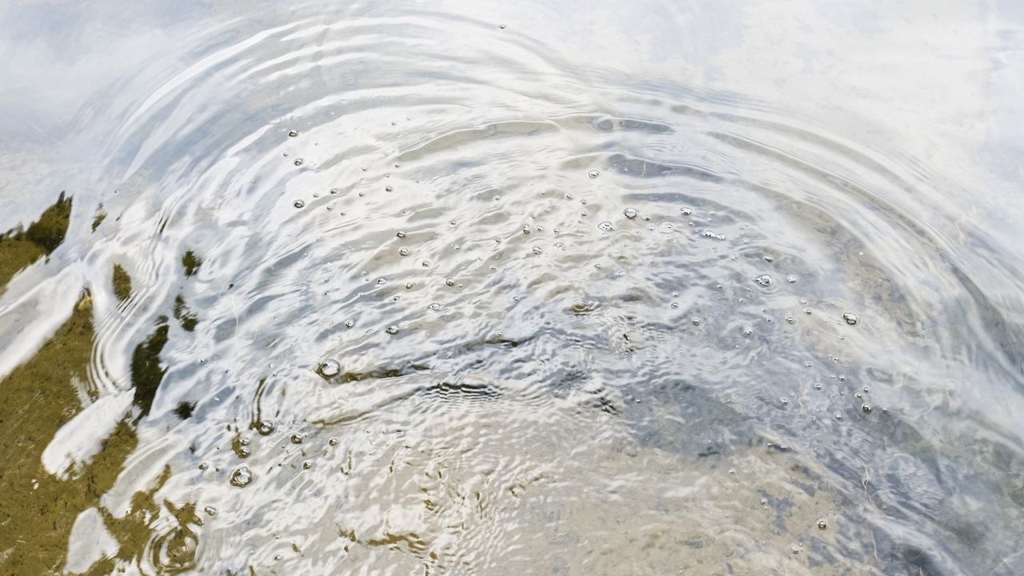
Based on artificial intelligence, KIT and BGR develop forecast models on the future development of groundwater levels in Germany.
Link_more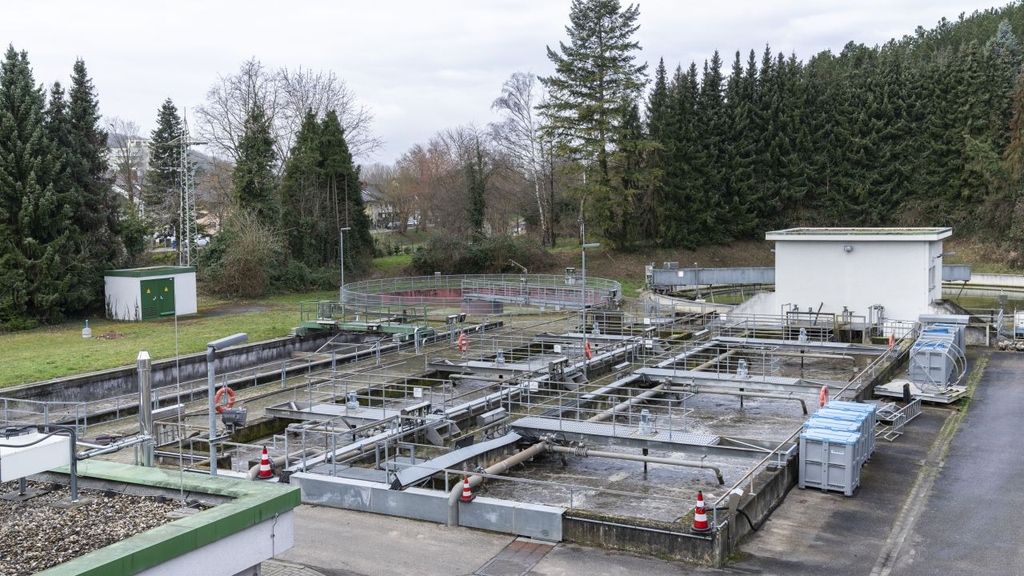
KIT coordinates nationwide project group testing a wastewater-based COVID-19 early warning system.
Link_more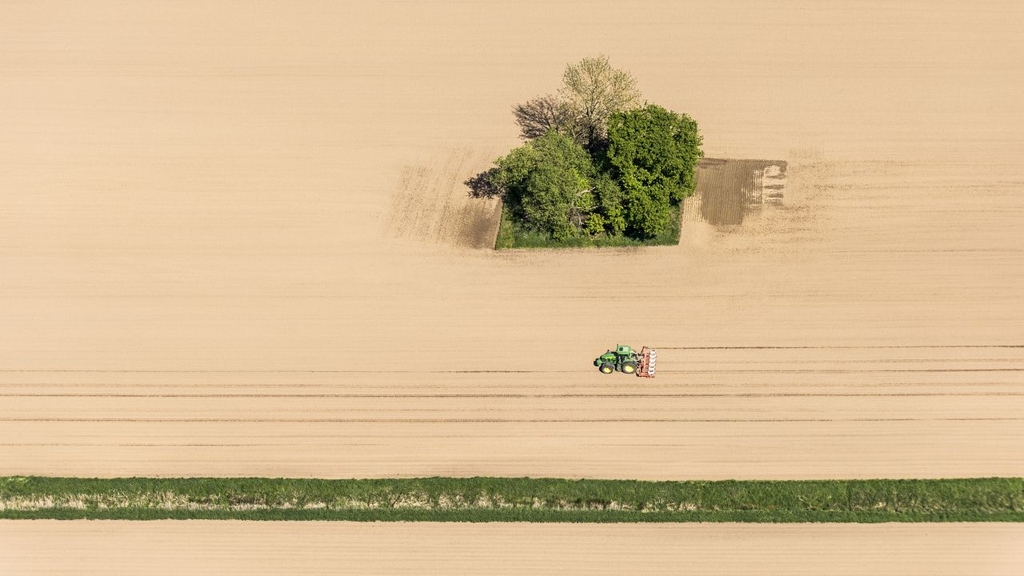
A study with KIT participation sheds light on the trade-off between biodiversity and food security in land use.
Link_more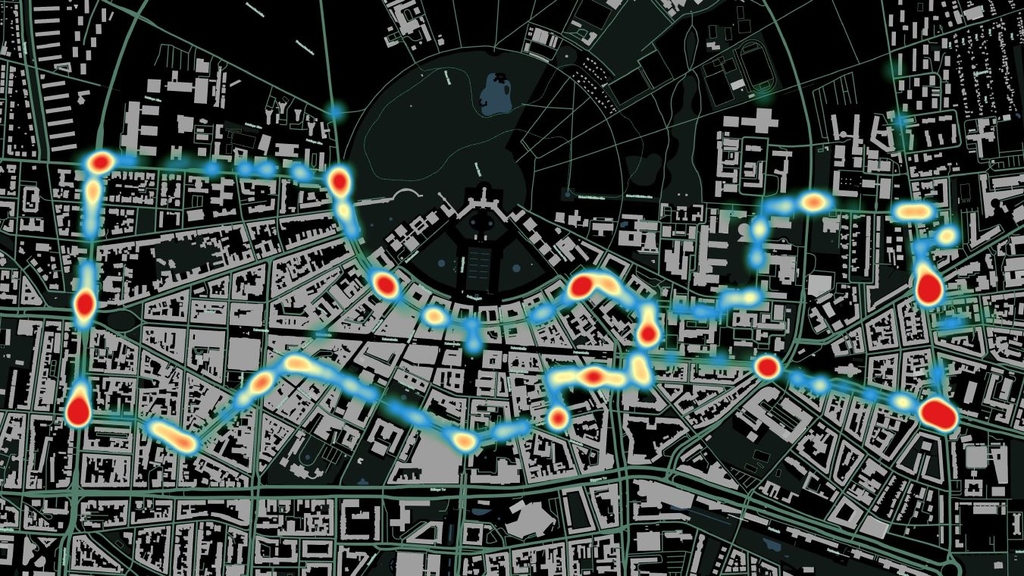
Research project collects data as a basis for improving municipal bicycle infrastructure - partners from science, industry and cities.
Link_more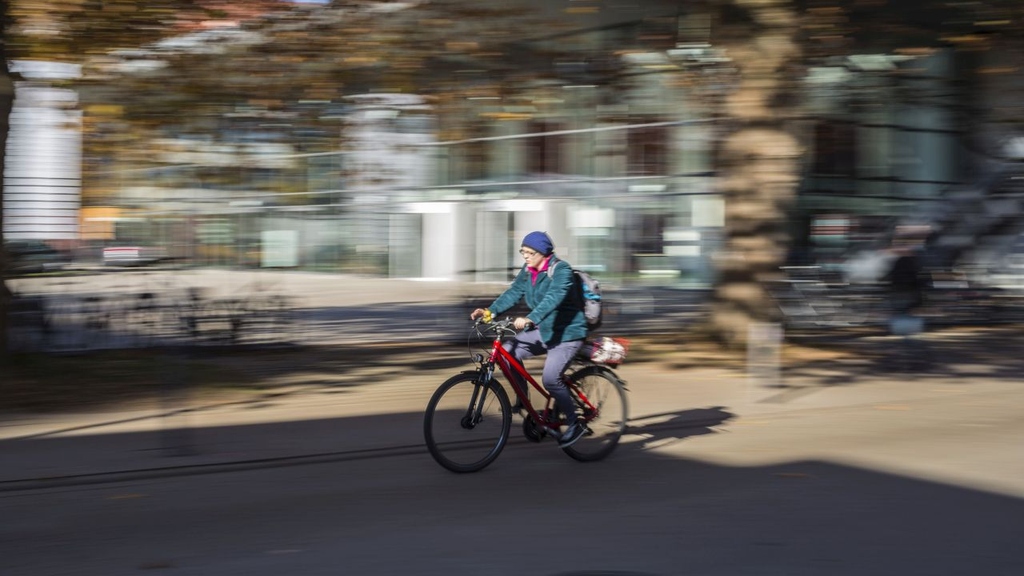
Study on mobility in the pandemic: public transport use declines, people increasingly ride bicycles or walk.
Link_more
KIT ecosystem researcher receives the highest research prize in Germany - the Gottfried Wilhelm Leibniz Prize is endowed with EUR 2.5 Million.
Link_more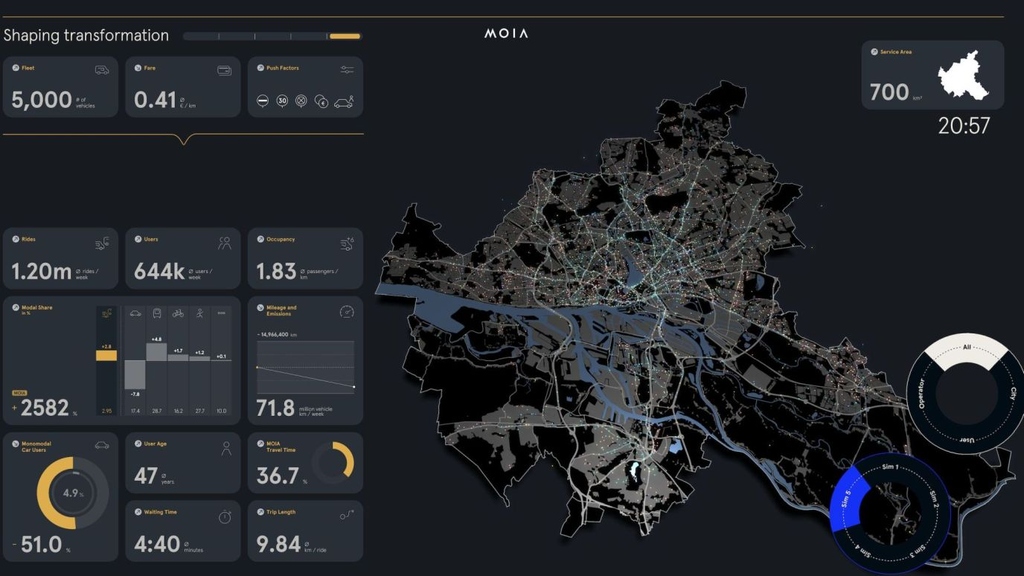
On-demand transport services benefit the traffic transition - as researchers demonstrated in an elaborate traffic simulation.
Link_more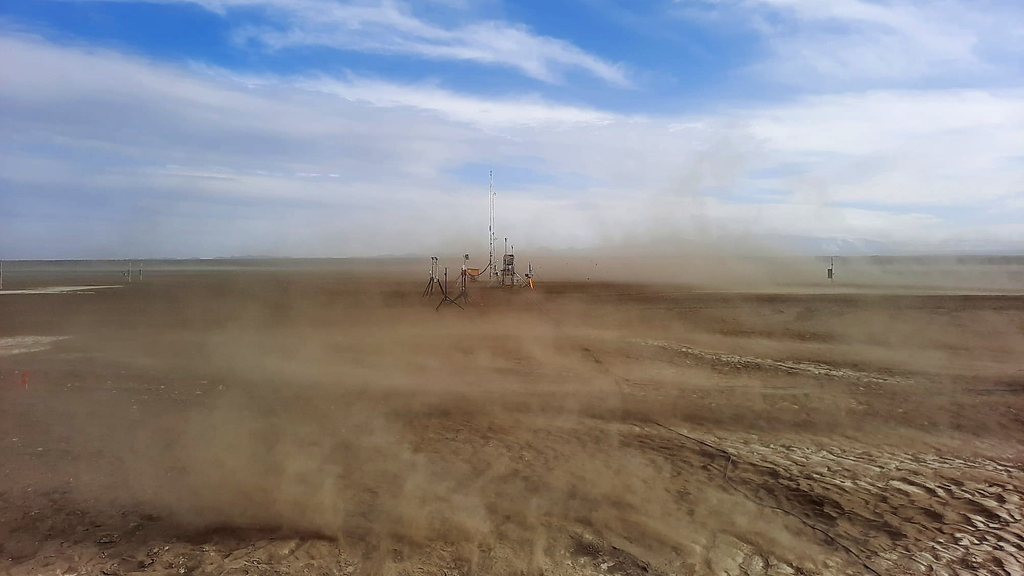
IMK-AAF contributed to field experiments in Iceland to investigate the mineral composition of Icelandic dust and its effects on climate. In the desert of Dyngjusandur/ Iceland airborne dust for ice nucleation experiments was collected.
Link_more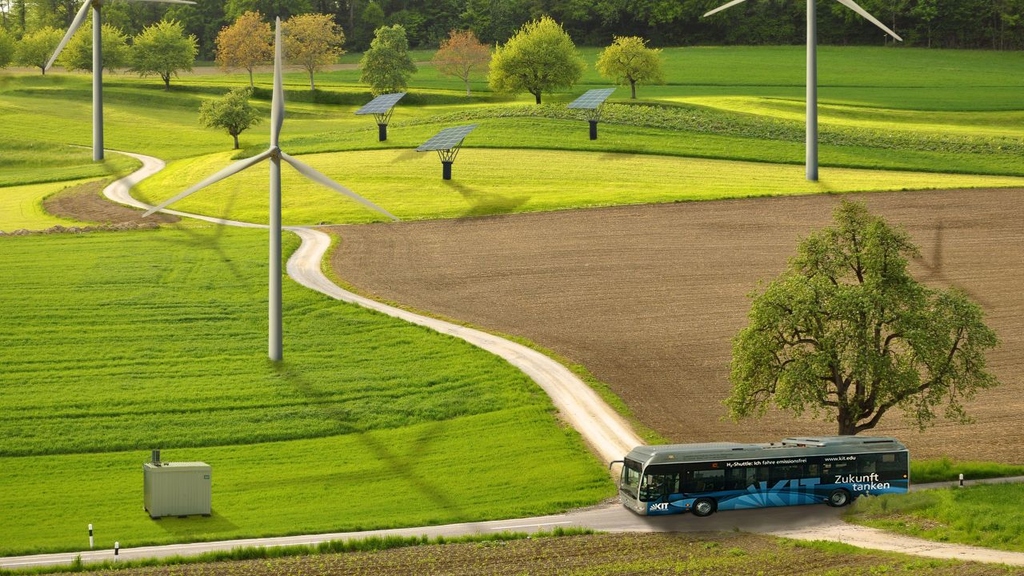
The International Geoscientific Online Conference Themed “Sustainable Earth – from Processes to Resources“ is held at KIT.
Link_more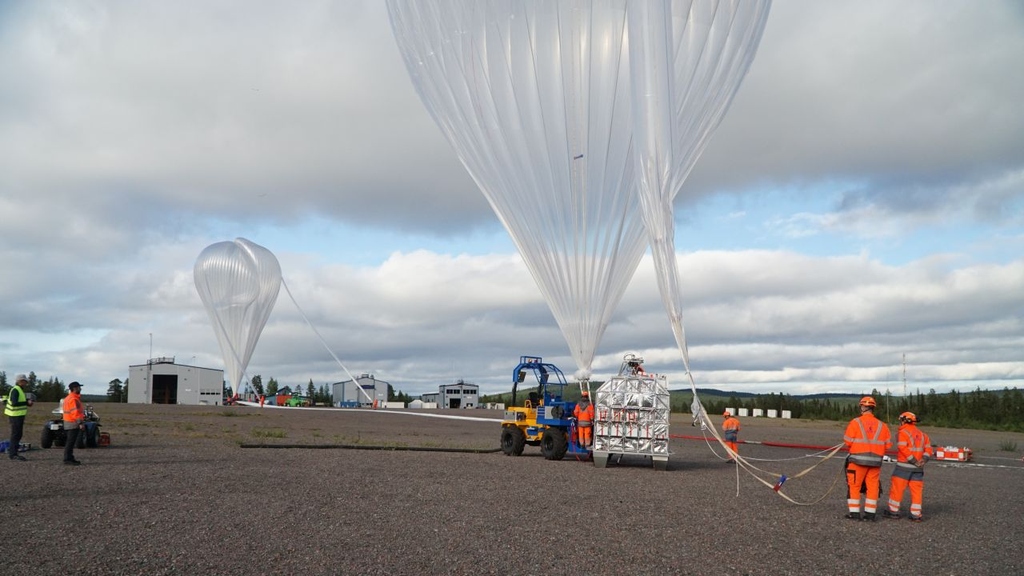
KIT researchers and partners jointly investigate Earth System connections in high altitudes.
Link_more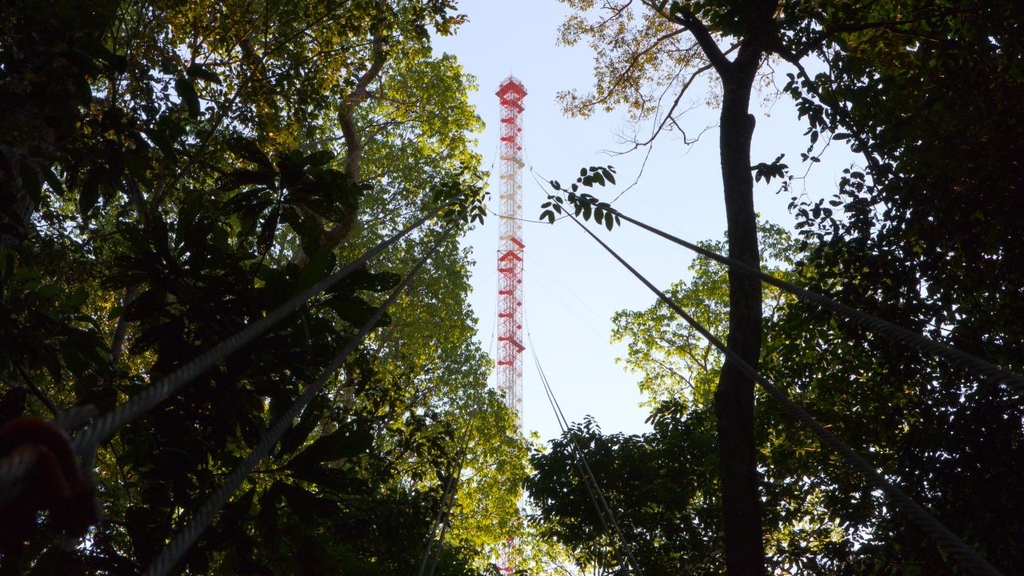
Max Planck Society and Federal Ministry of Education and Research extend ATTO project by another three years.
Link_more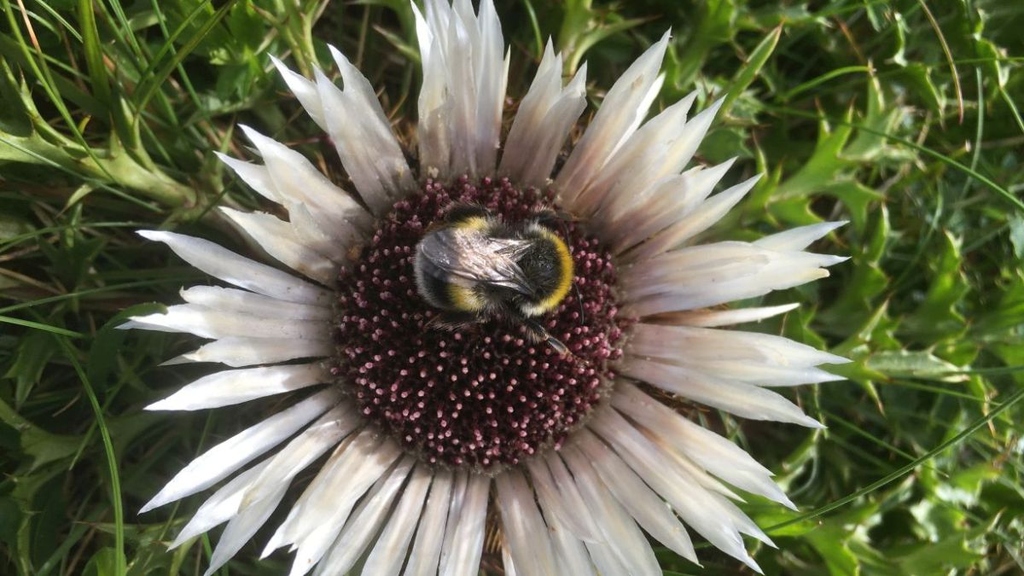
KIT researchers investigate the effect of land use changes on European bumblebee species under a changing climate.
Link_more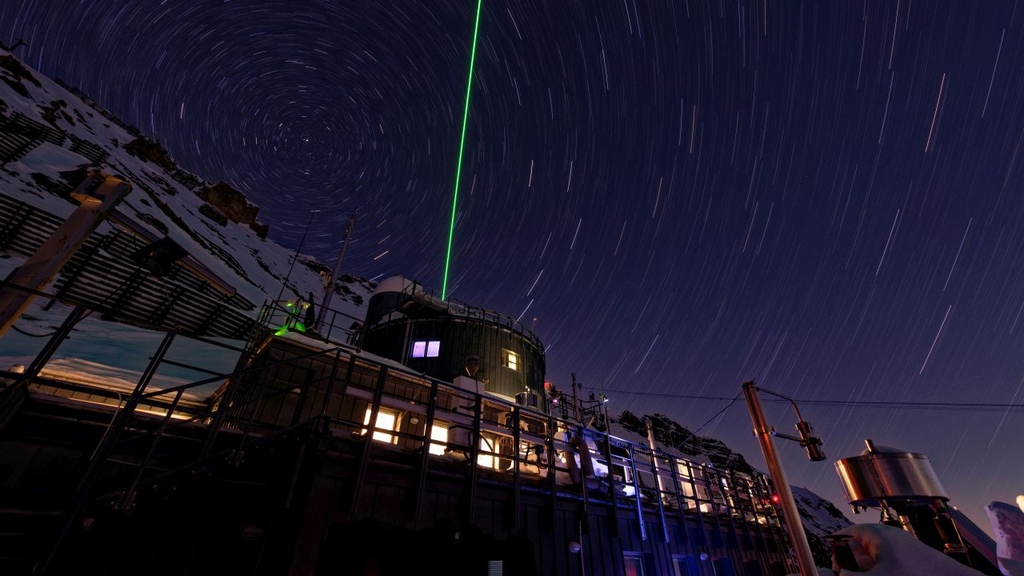
ACTRIS-D Will Enhance Atmosphere Research in Germany – KIT Expands Capacities to Solve Current Climate Problems.
Link_more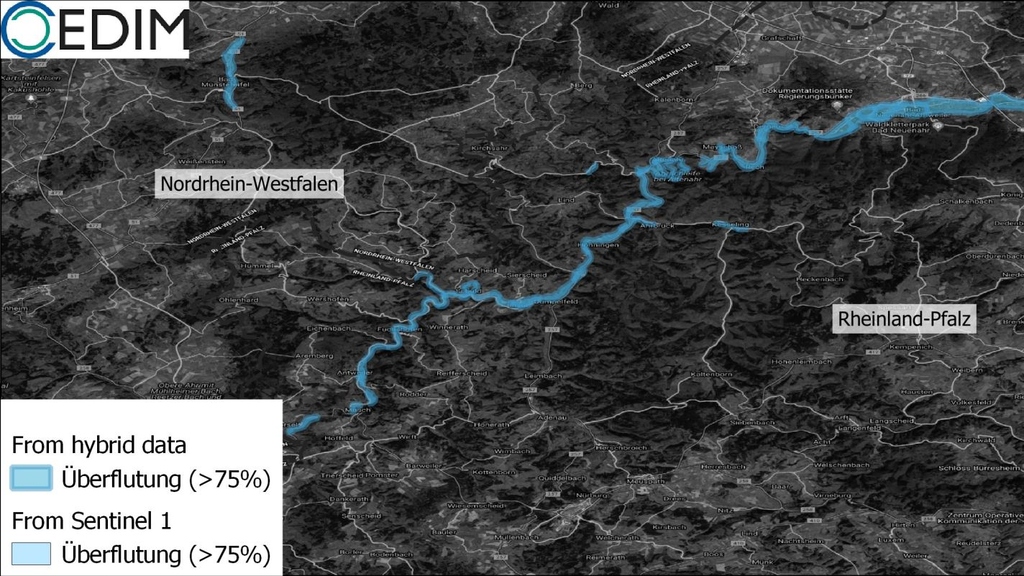
CEDIM presents report on flood disaster in Rhineland-Palatinate and North Rhine-Westphalia - Damages could exceed ten billion euros.
Link_more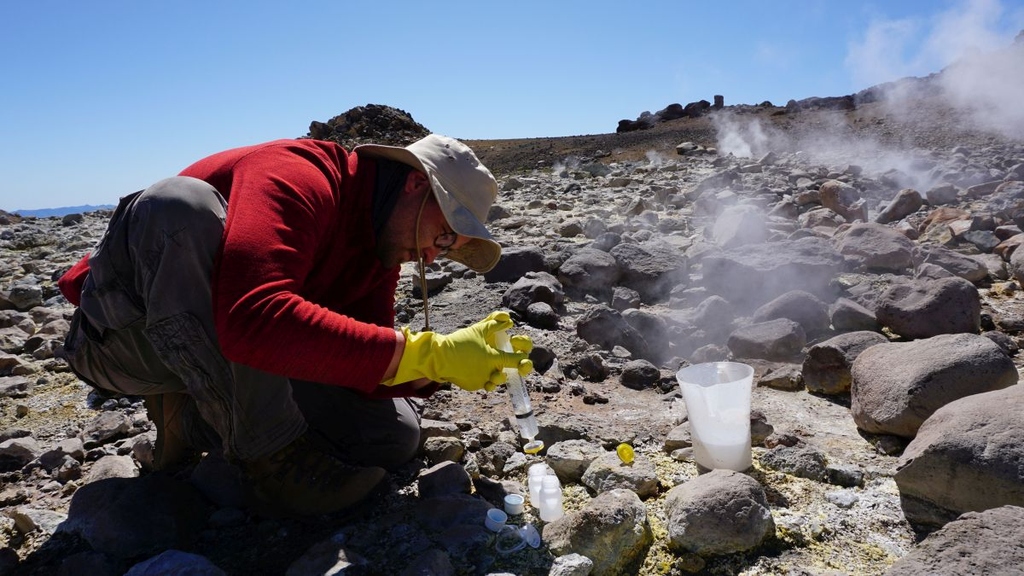
BrineMine Project at KIT: Responsible Extraction of Energy, Raw Materials, and Drinking Water from Geothermal Wells.
Link_more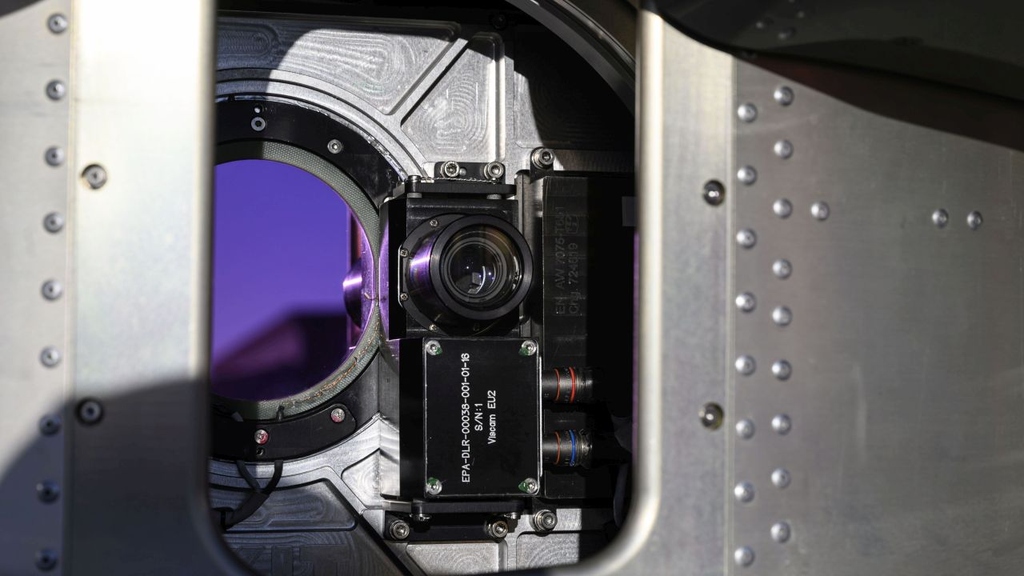
ESA Has Selected Four Candidates for a New Earth Observation Satellite – KIT’s Proposal Focuses on Changes in the Earth's Atmosphere.
Link_more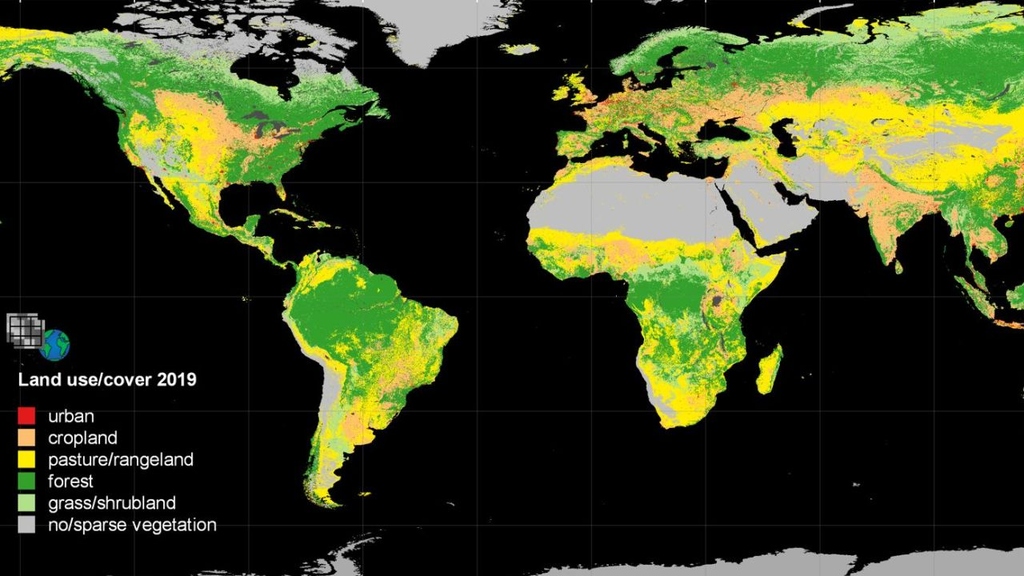
Using a new set of maps, KIT researchers prove that land use changes are four times bigger than assumed.
Link_more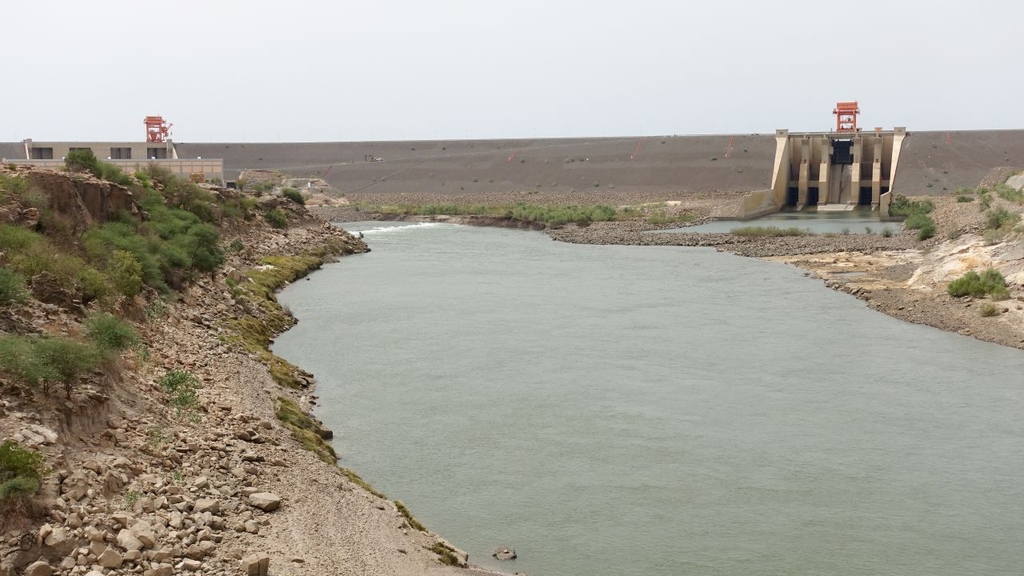
More precise meteorological forecasts for water scarce regions by statistical methods from the KIT help to mitigate the effects of climate change.
Link_more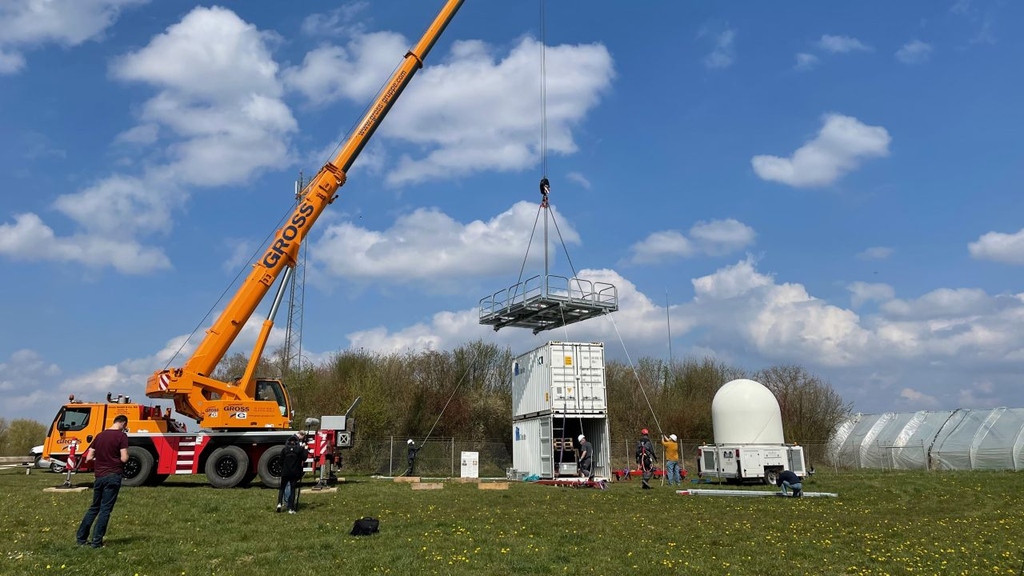
Research alliance launches measurement campaign relating to hydro-meteorological extremes in the Swabian Jura.
Link_more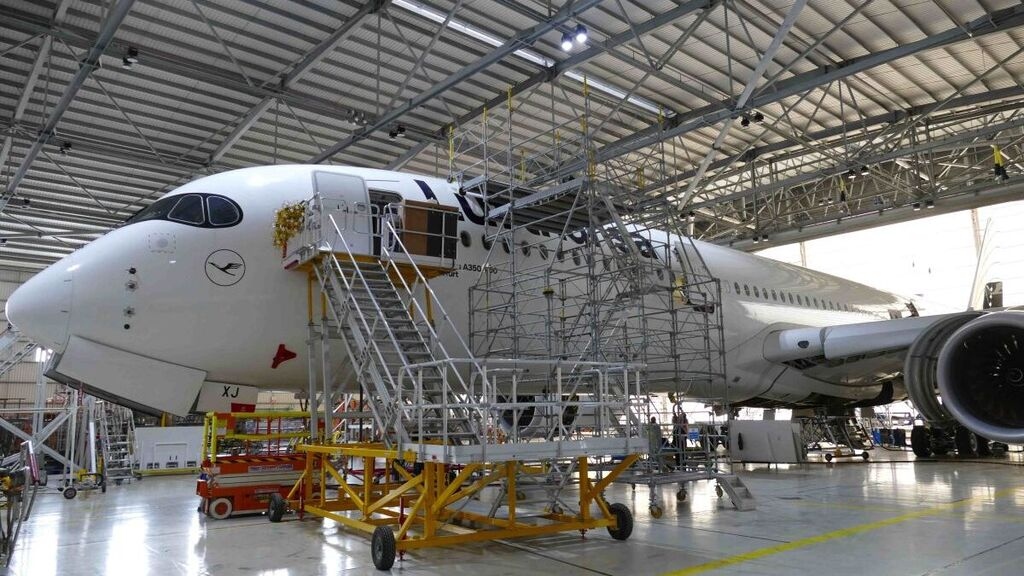
In the IAGOS-CARIBIC research infrastructure coordinated by KIT, a 1.7-ton measurement laboratory is used in the cargo hold of a converted passenger aircraft.
Link_more
Two KIT research projects are funded by the BMBF - Test phase of the project "Innovation Platform MaterialDigital" started.
Link_more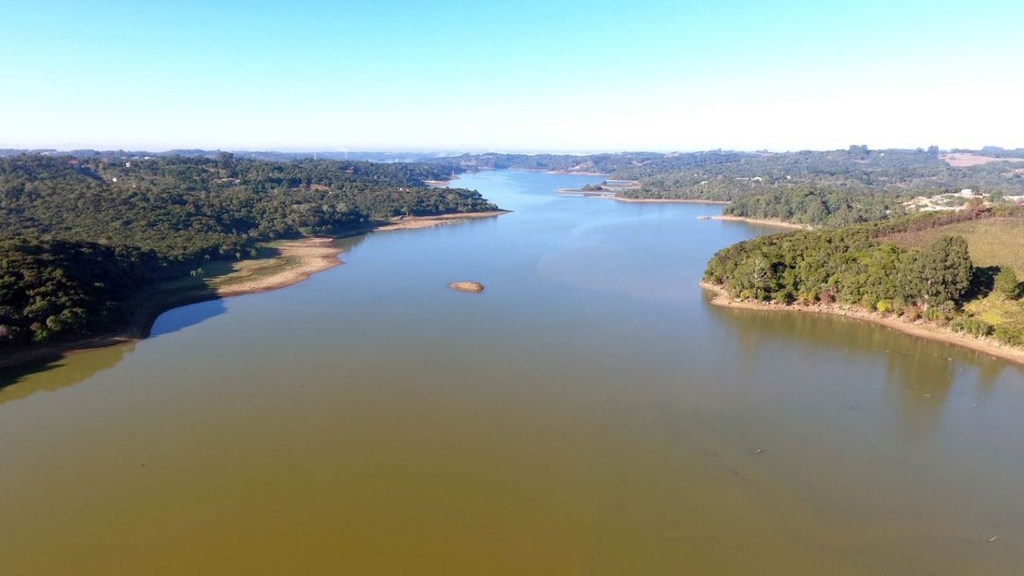
International research project develops user-friendly methods for predictive assessment of water quality in reservoirs - Reduced data requirements enable global use.
Link_more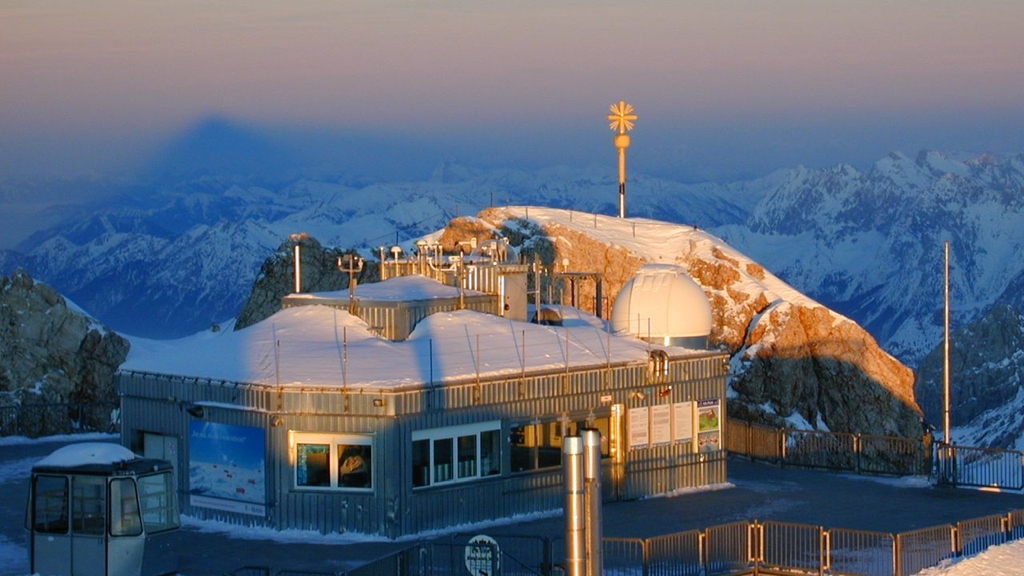
KIT shows a record decrease of seven percent in the free troposphere with infrared measurements at Zugspitze.
Link_more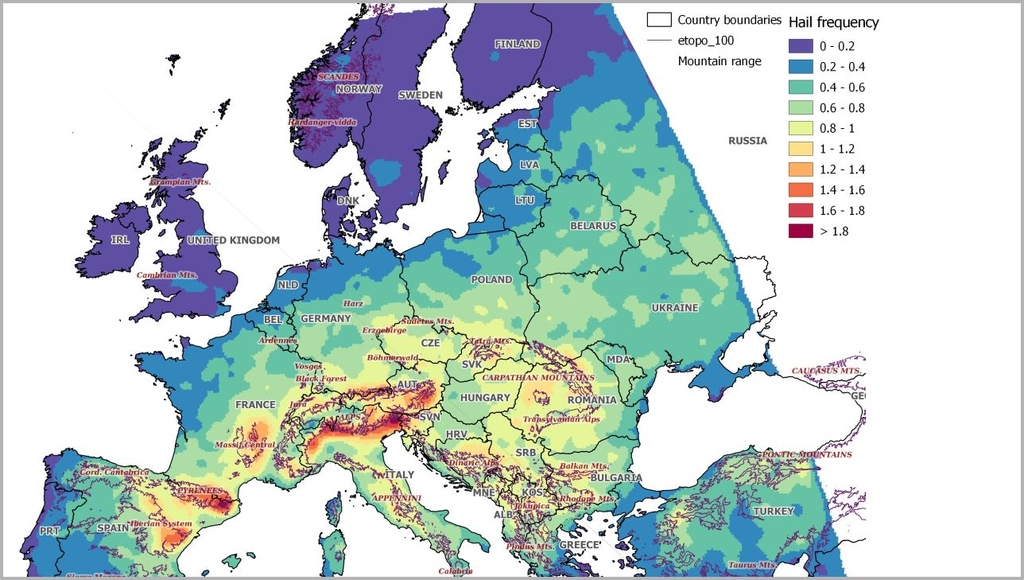
KIT digitally hosts 3rd European Hail Workshop from March 15 to 18, 2021 - Frequency and severity of hailstorms increase with climate change.
Link_more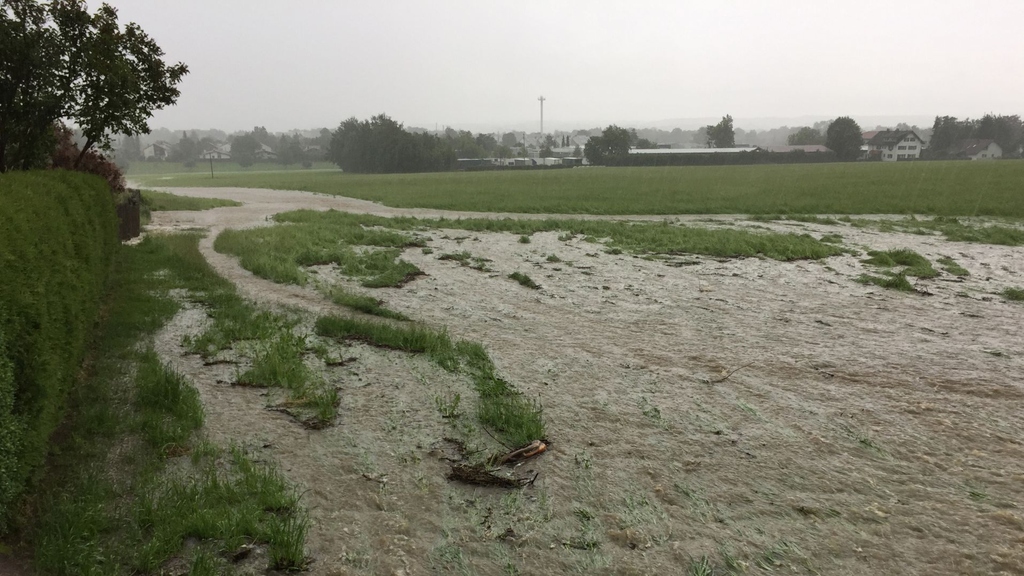
IT researchers study the effects of heavy rainfall in southern Germany to develop recommendations for municipalities.
Link_more
KIT researchers warn of adverse effects on meat and milk production in East Africa. High temperatures and humidity lead to stress in animals.
Link_more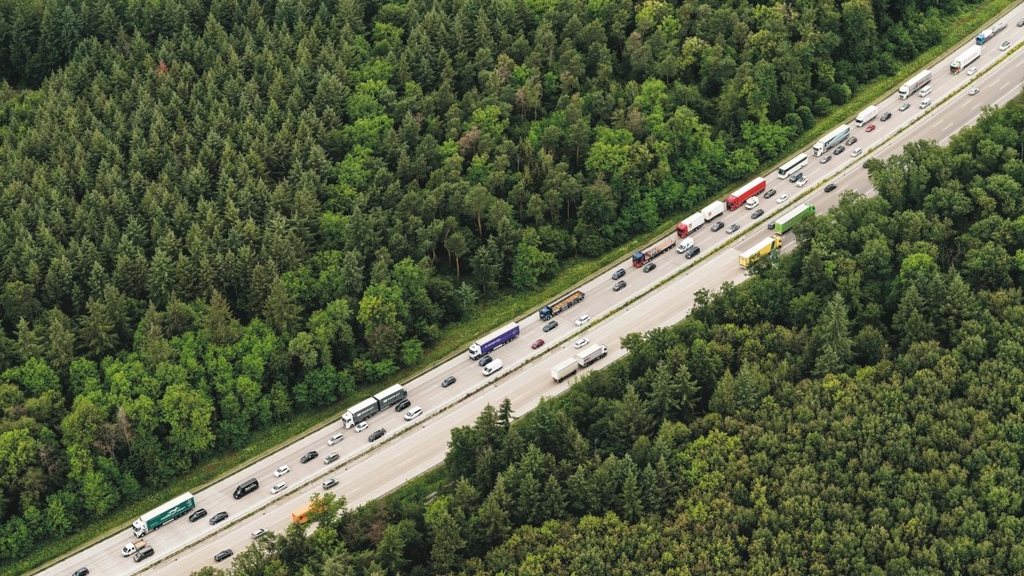
Fossil CO2 emissions have decreased more than ever before. However atmospheric CO2 concentrations continue to rise.
Link_more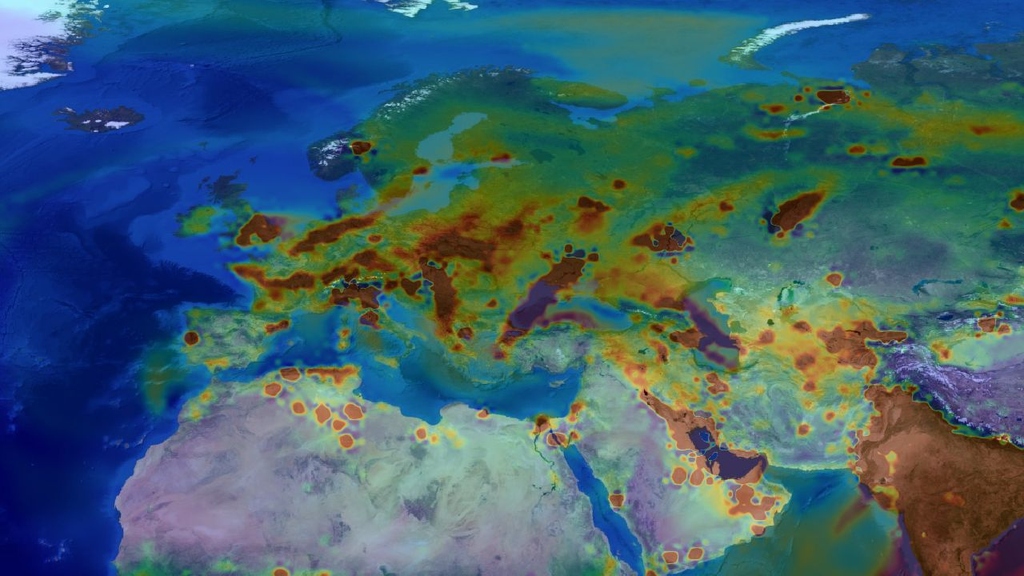
Scientists to evaluate local methane sources in the North Sea with high-resolution modeling.
Link_more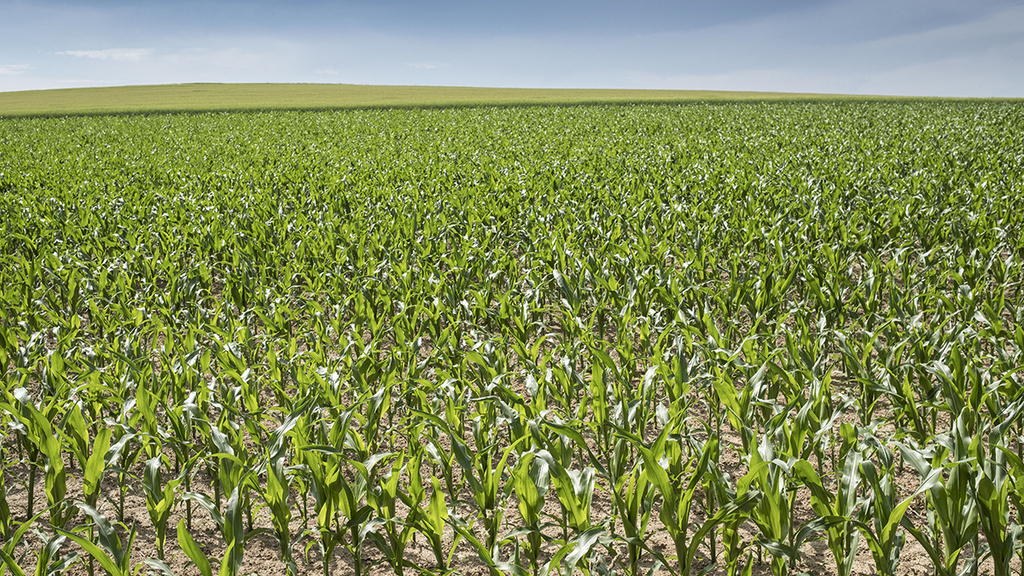
Import of Millions of Tons of Cereal and Meat Every Year Undermines EU Agricultural Standards – Damage to the Environment Is Outsourced.
Link_more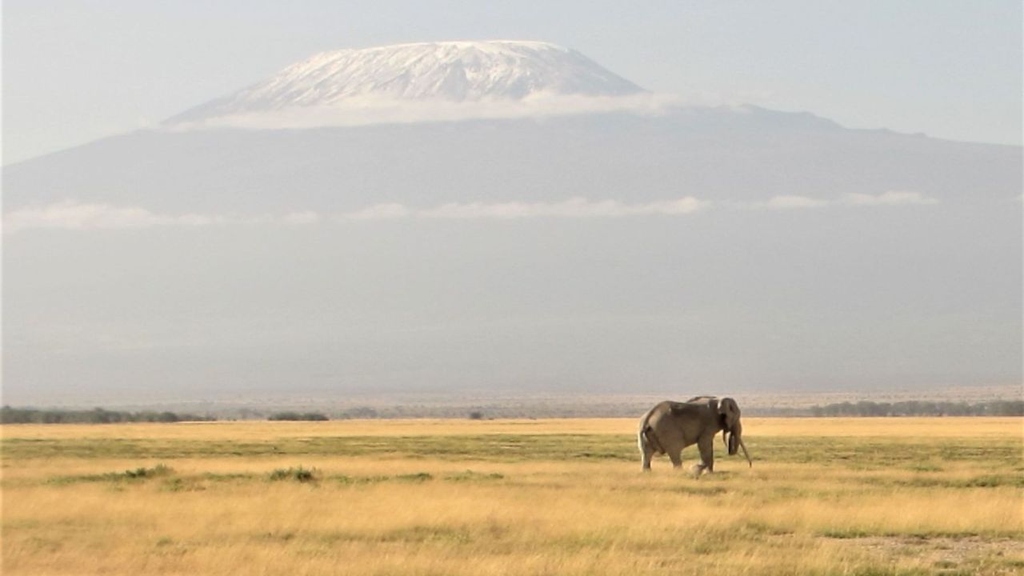
Study in PNAS: Revised, post-2020 Biodiversity Targets Will Have to Consider Global Warming.
Link_more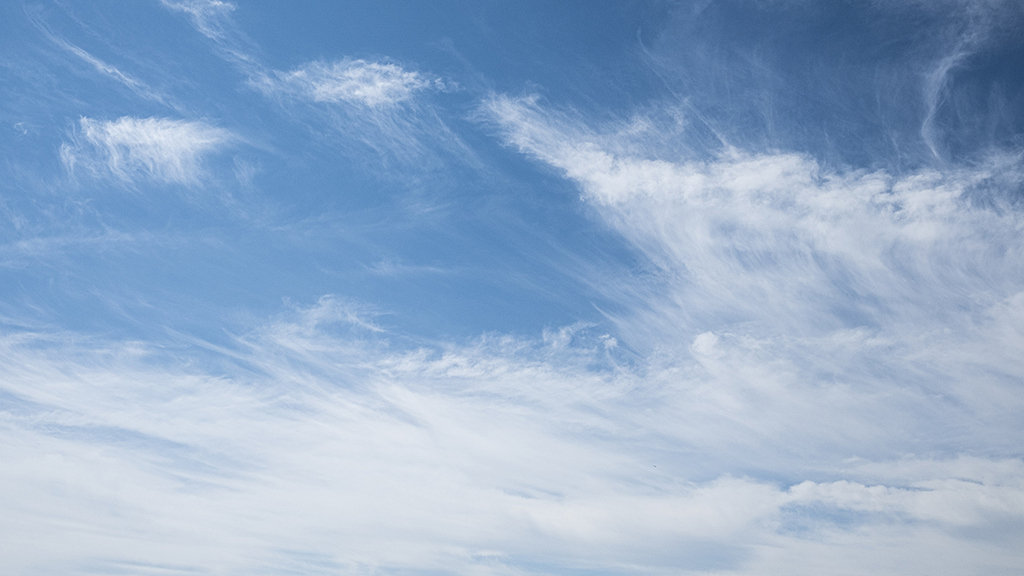
KIT researcher talks about the effects of the crisis on air pollution over China. Significant decrease observed in spring 2020.
Link_more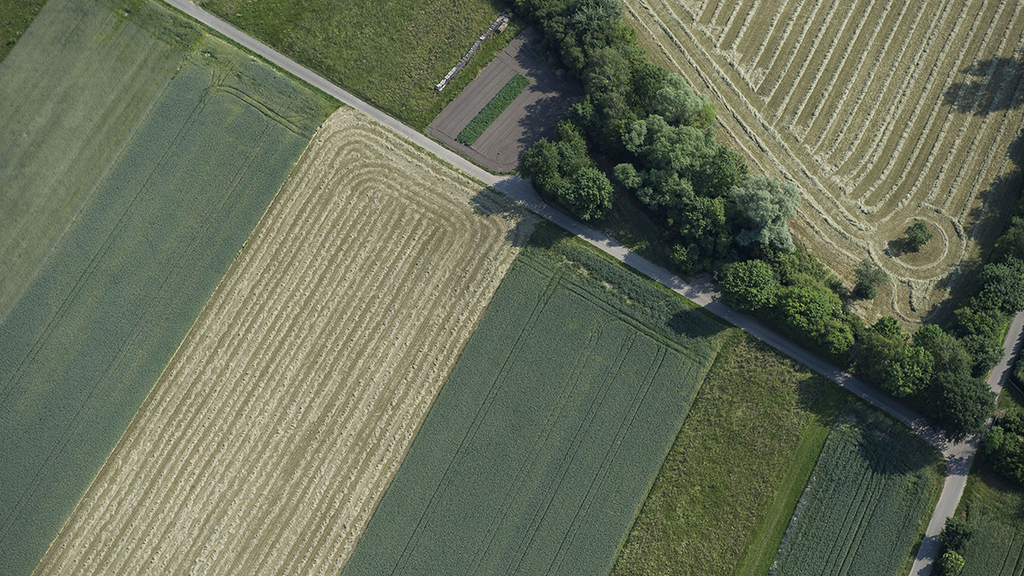
Federal Ministry for the Environment funds AI lighthouse project "Nitrate Monitoring 4.0" for the reduction of nitrate in groundwater.
Link_more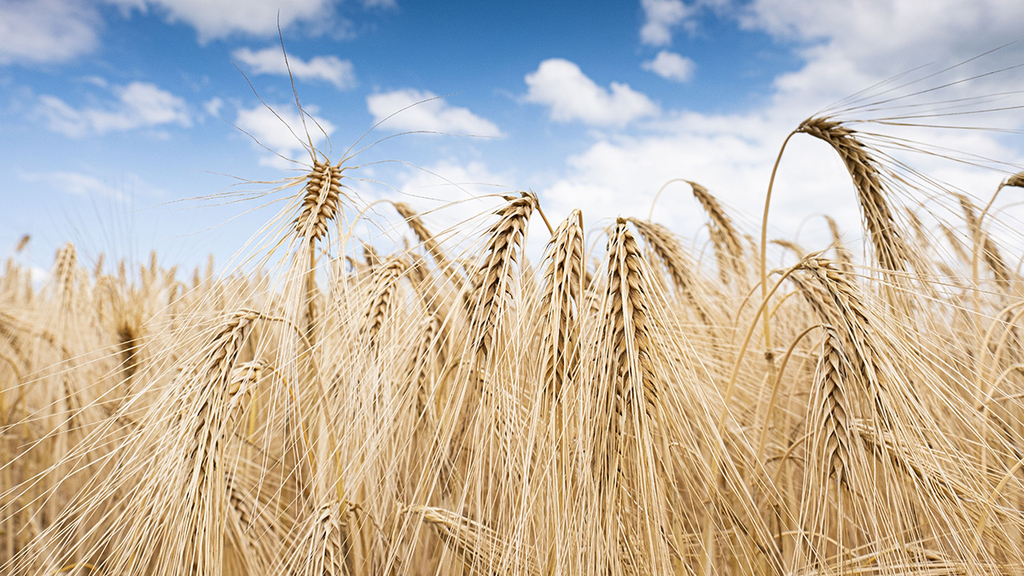
Use of Nitrogen Fertilizers in Agriculture Causes an Increase in Nitrous Oxide Concentration in the Atmosphere – Comprehensive Study with KIT Participation in Nature.
Link_more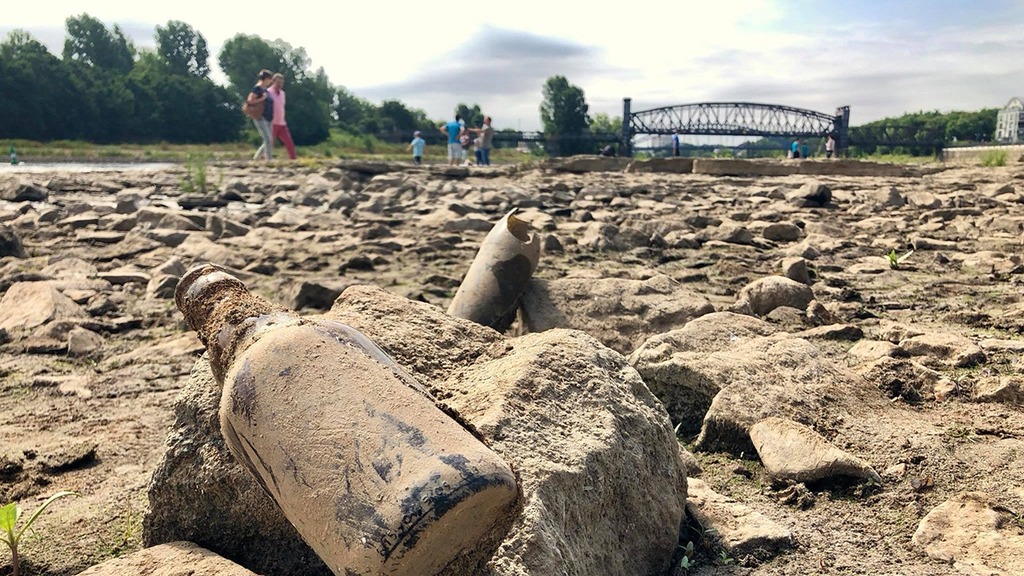
Interdisciplinary KIT institution presents activities from 2017 to 2020 dissemination of Covid-19 current topic.
Link_more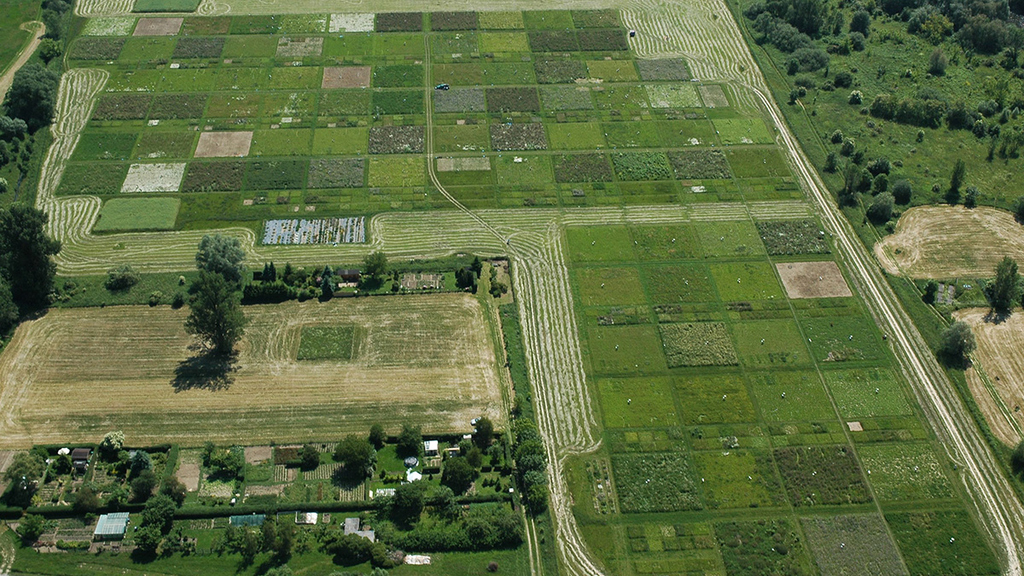
Jena Experiment: Biodiversity influences the functioning of ecosystems - Results in Nature Ecology & Evolution
Link_more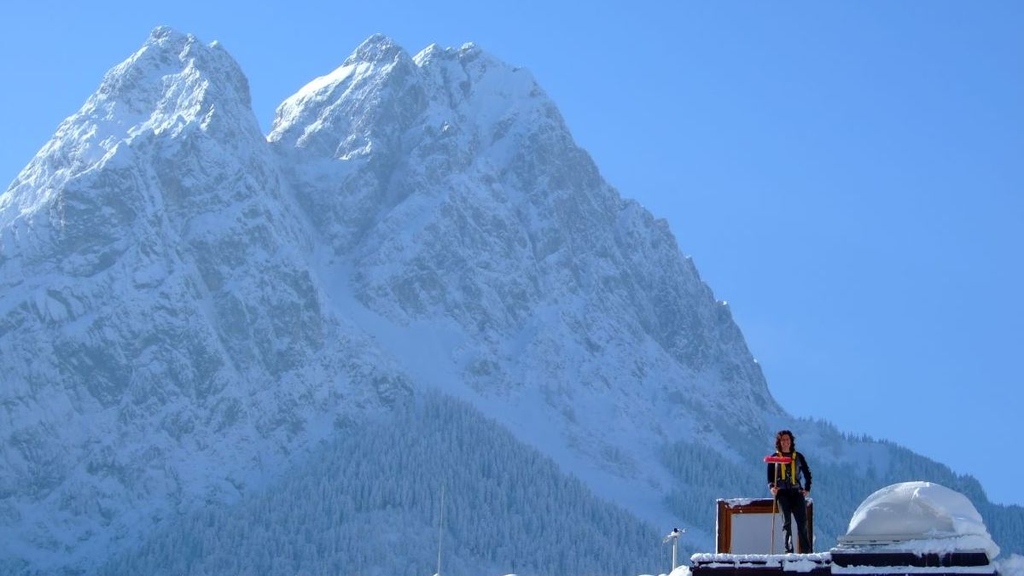
Effects of the Pandemic Will Be Detected in the Atmosphere Much Later – To Reach the Paris Climate Goals, Decade-long Measures Are Needed.
Link_more
The KIT Executive Board has appointed Dr.-Ing. Karl-Friedrich Ziegahn as a KIT Distinguished Senior Fellow with effect from October 1, 2020 for a period of three years.
Until his retirement, Dr. Ziegahn was Head of the Division Natural and Built Environment. We congratulate him on this appointment and are very happy that the KIT can continue to benefit from his knowledge and experience.
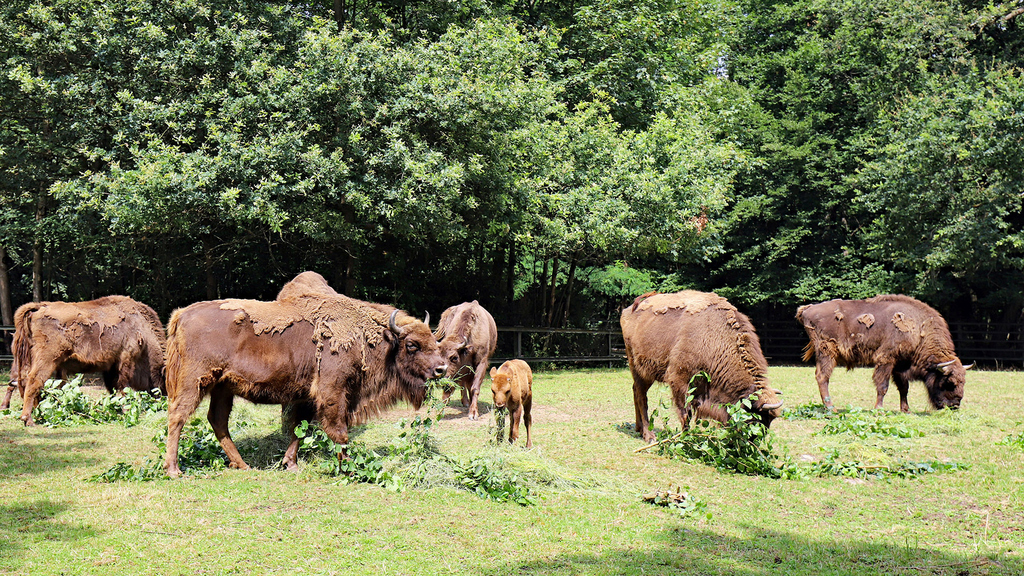
Scientists Demand Prominent Target to Lower Extinction Rates, Comparable to the 2-degree Climate Target.
Link_more
Researchers from Karlsruhe and Ottawa Coordinate International Research Project on the Relationship between User Behavior and Energy Performance of Buildings
Link_more
Engineers at KIT Play a Major Role in Establishing the New Repair Process in Germany.
Link_more
Researchers at KIT and the University of Edinburgh show that previous measures to reduce global warming through land use change are insufficient.
Link_more
Consortium with Munich and Mainz focuses on deficiencies and challenges of weather prediction with the aim to improve forecast models.
Link_more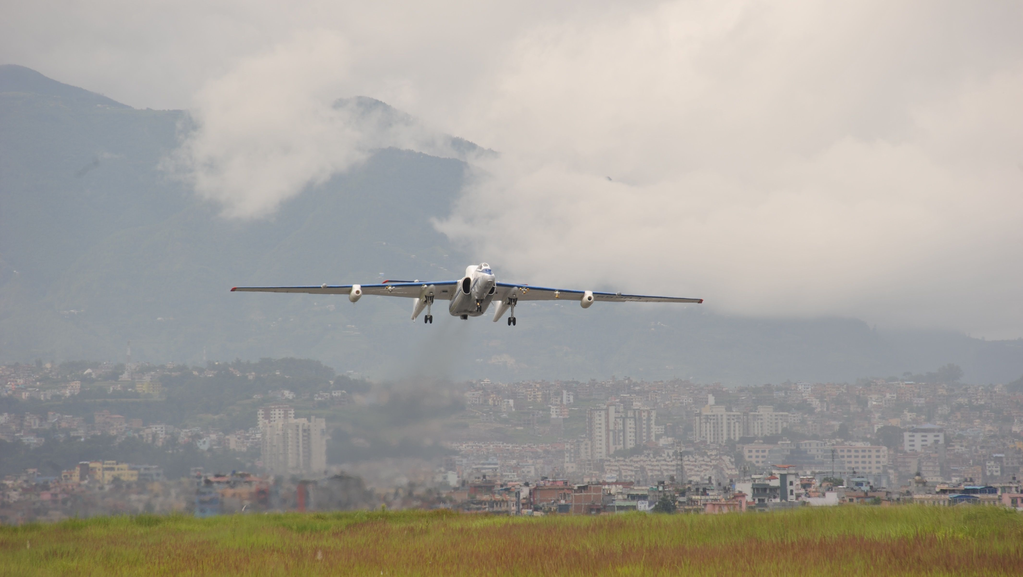
Climate Researchers of KIT Solve the Puzzle of a Huge Aerosol Layer in the Atmosphere – Results will Improve Climate Models.
Link_more
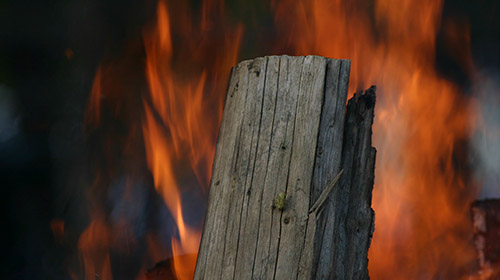
Cross-institute Project to Understand the Dynamics of Forest Fires and Mitigate the Risk.
Link_more
Researchers Want to Use Air-conditioning and Ventilation Systems for Decentralized Production of Carbon-neutral Synthetic Fuels – Publication in Nature Communications
Link_more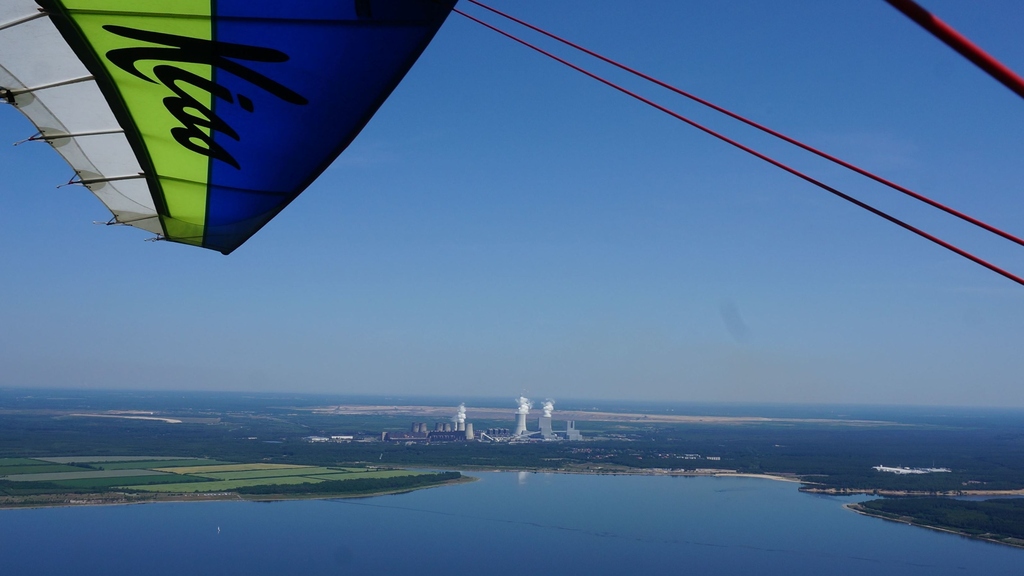
KIT Researchers Find that Filtration Systems Are the Biggest Sources of Ultrafine Particles Worldwide and Have Considerable Impacts on Climate.
Link_more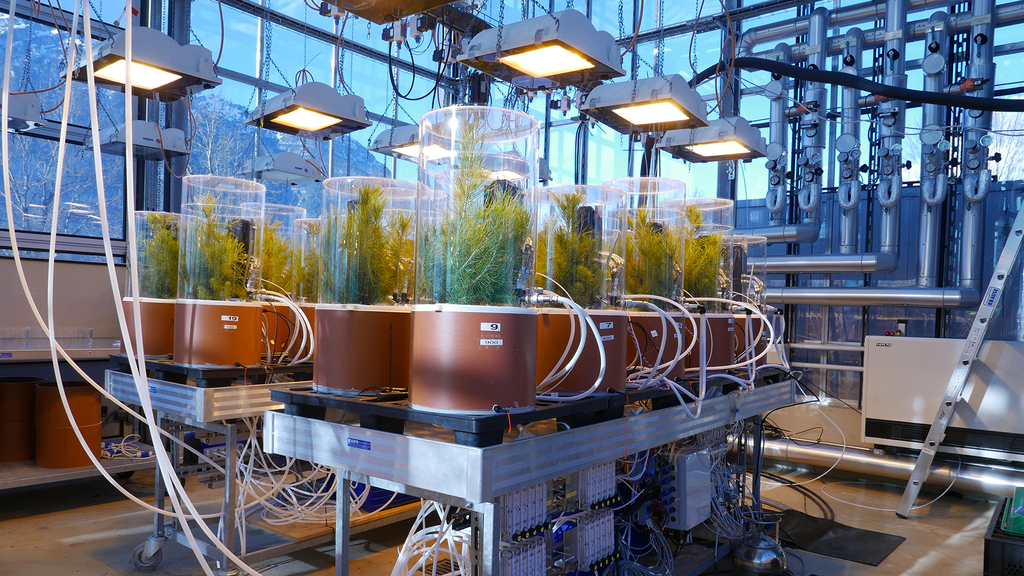
Studies of Aleppo Pines Reveal: The Increase in Carbon Dioxide (CO2) Concentration in the Atmosphere Does Not Compensate the Negative Effect of Climate Change.
Link_more
Neumayer Station III in Antarctica Celebrates 10th Anniversary – From Summer 2019, KIT Will Operate a New Measurement Instrument there.
Link_more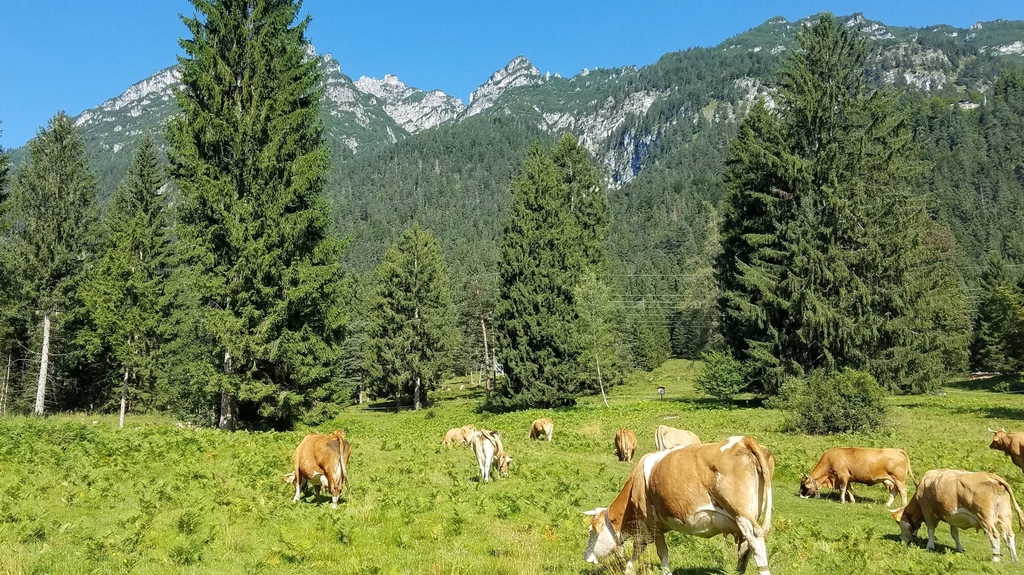
Land-based Measures in Europe Require Food System Transformation – Simulations Reveal Relationships between Climatic and Socioeconomic Factors.
Link_more

With a new concept for concrete recycling, Rement wins the Karlsruhe Technology Region competition and also receives the audience award.
Link_more
Researchers from the Helmholtz Association summarise their research on digital twins in the field of earth and environment in a synthesis paper.
Link_more
Klaus Butterbach-Bahl receives the Sustainability Award of the Nobel Sustainability Trust for his research on the environmental impact of global agriculture.
Link_more
New Technologies and Sustainable Development: Federal Minister for Economic Affairs and Climate Action Visits KIT Pavilion.
Link_more
KIT researchers are developing innovations for affordable and sustainably renovated living space.
Link_more
Researchers at KIT and FZJ are developing a small and lightweight infrared spectrometer to explore the upper air layers.
Link_more
KIT researchers provide an overview on how coatings can improve the properties of concrete.
Link_more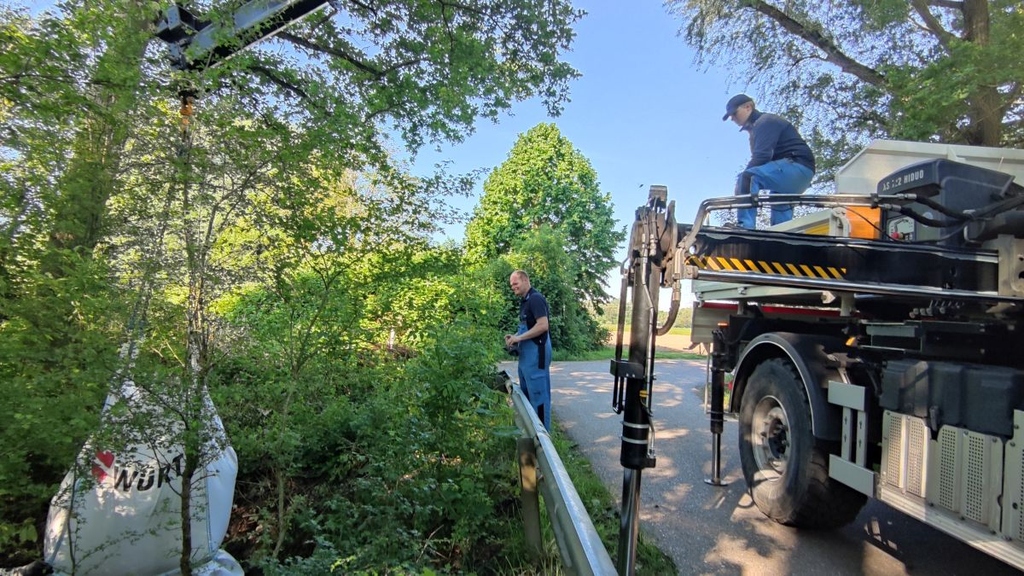
KIT researchers want to use sandbags to prevent moorland and biodiverse wet meadows from drying out.
Link_more